HOTW: A wonderful Christmas









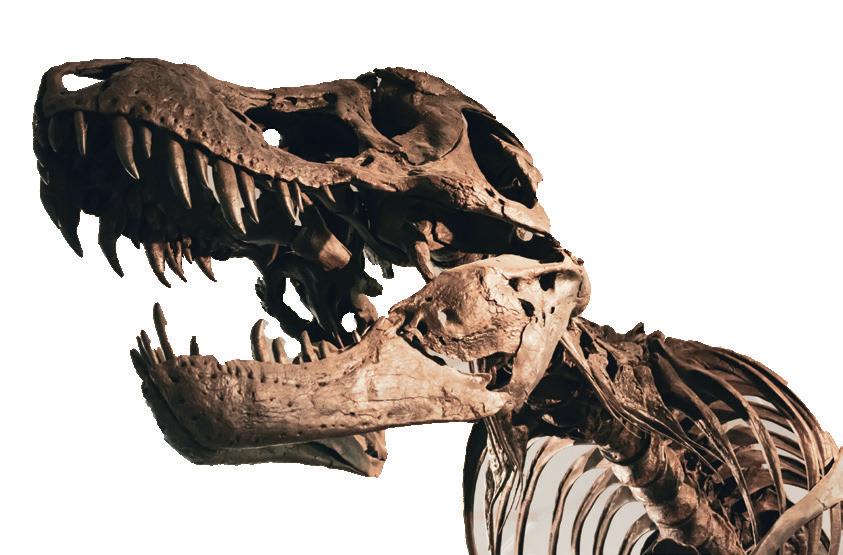
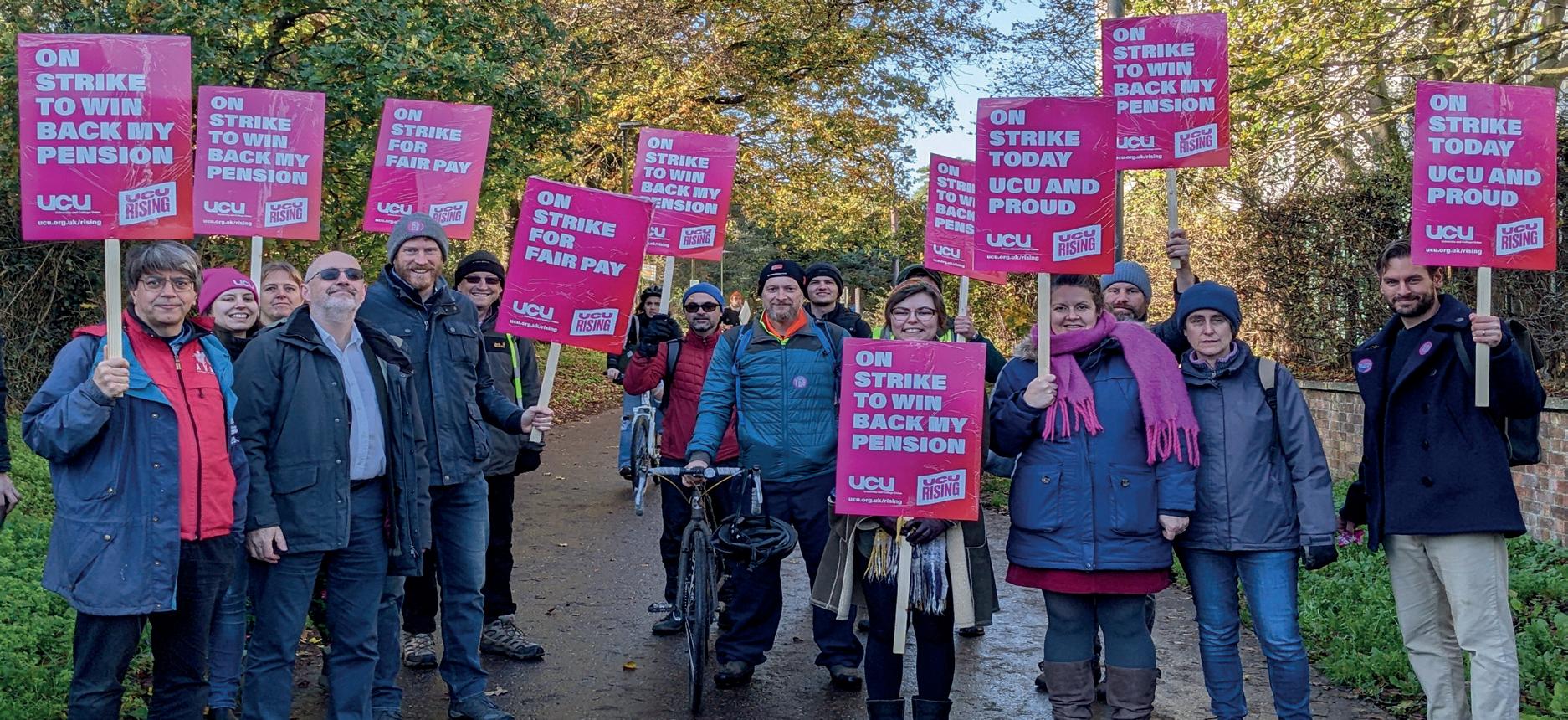
offered a minimum raise of 3%, with lower-paid roles offered up to 9% against an inflation rate of around 10% (now 11.1%).
In the year that has seen the greatest amount of collective industrial action across the country since the 1980s, it will have come as little surprise to many when the University and College Union (UCU) voted in October to hold three days of strike across UK universities last month.
Many UEA lecturers and other staff members chose to withdraw their labour on Thursday 24th, Friday 25th and Wednesday 30th of November, as part of what the UCU claimed to be their “biggest picket line” in its history. The action inevitably caused significant disruption to many students' studies, with some facing no university attendance across the three days. In the interest of clarity and impartiality, Concrete spoke to both sides of the debate and conducted its own research to reflect the full and broad picture of the demands and issues that continue to be debated and negotiated.
So what are the UCU’s main unmet demands that led to them taking strike action, and what contexts should they consider?
Firstly, they demand “A fair pay deal” - the union claims that average industry pay has decreased, in real terms, by 25% since 2009; the sector experienced a pay freeze in the first year of the pandemic, following a rise of between 1.8% and 3.6% in 2019/20. Staff then received a 1.5% average increase ahead of the 2021 academic year when inflation stood at 4.5%. Ahead of the current 2022/23 academic year, staff were
Questioned on this issue, a University of East Anglia spokesperson said, “We fully recognise the inflationary pressures currently facing the UEA community and have done our best to support jobs and staff”. This latter remark leads to the union's second primary demand - “A restoration of USS pensions benefits”; under sectorwide budget cuts made in April this year, the average lecturer is set to lose 35% of their future guaranteed retirement income for the current financial year, and beyond (if the rate is not reinstated). Whilst the cuts were planned in previous financial years to make up for a £14.1bn deficit in the scheme due to the pandemic, the UCU highlights that “the scheme has since recovered and according to this week's monitoring report now holds a surplus of £5.6bn”.
Furthermore, the scheme's data reveals that reinstating previous levels of employer contributions would now cost just 24.4% of its surplus budget.
The General Secretary of the UCU, Jo Grady, has stated “The USS pension scheme is going from strength to strength, and there remains no credible reason why benefits should not be restored…if there is no commitment forthcoming to restore pension benefits, there will be further disruption in the New Year”.
The UEA’s spokesperson responded, “This is against a backdrop of the very difficult financial circumstances we and other universities face, driven by the unprecedented rises in our costs, Higher Education funding uncertainties and sizable increases in employers’ pension contributions”. Other primary demands include “the elimination of casualisation”where up to “90,000 staff lecturers
and other teaching staff” are put on “insecure” fixed-term contracts with varying hours and pay and benefit conditions; “action on workloads” - where staff are “overworked” but paid the same rate; and lastly, “action on equality gaps” - a longerterm demand on closing a variety of socio-economic pay gaps arising in different settings across the sector.
Asked what message to send to students frustrated with the disruption, the UCU’s UEA branch Chair, Michael Kyriacou, stated, “Myself and our members have many conversations with our students on this. We’re doing that, and we’re working with the Students Union. Disruption is really regrettable; no one wants to be here, we’re not getting paid, but we’re forced to be here because, on a national level, our employers haven’t found a deal for us - they’ve been unwilling to negotiate this deal. We have to get them to the table. My understanding
is informal talks are going on, but as a technicality, they have yet to come to the table”.

The university claims that “along with other universities across the UK, [UEA] has been in active discussions with UCU nationally to help resolve this dispute. We will work hard to take steps to mitigate the impact of industrial action on our students. We intend to ensure that disruption, in particular for students, is kept to a minimum.”
It is important to point out here - as highlighted by both Kyriacou and the university management - that the dispute is national. Terms and conditions continue to be negotiated between lead negotiators from the Joint National Committee for Higher Education Staff (JNCHES) of the UCU, and the industry representative body, Universities UK (UUK). Mr Kyriacou emphasised, "It’s not my job to resolve this dispute - I’m not a national negotiator - and it’s not UEA’s job either; we generally have a good working relationship with the employer. It's the UCU and UUK’s job to resolve this, and they have to continually have those conversations with us so that we don’t have to continue to pull our labour”.
Concrete will continue to keep readers updated on the national disputes and how they affect UEA students. For further details on the issues raised, we recommend visiting the UCU, UniversitiesUK, the SU and UEA websites, respectively. Any personal concerns or queries can be raised with AdviceSU or your course reps.

As the temperature plumets and we near the shortest day of the year, I've found myself casting a thought to bears, bats and bees; all creatures which hibernate.
Winter hibernation is categorised by minimal activity, low body temperature and a slow heart-rate. Frankly, I think we should all take inspiration from the natural world this holiday and take the time we need to rest, reduce our anxieties and cuddle up warm with loved ones and electric blankets.
We'll certainly need them, as many of us are still struggling to heat our homes. Though I've tried my best to ignore the news of social and economic crisis in recent weeks,
instead turning to knitting and embroidery to keep my mind busy in the evenings. As Louise and I often discuss in the office, the arts are a necessary and wonderful break from the hard-hitting news we're often flooded with online. You'll notice my name appears much more in Venue this issue than Concrete, as a reflection of my descent into this hibernation.
After the publication of this issue, I face one last push (summatives) before I can celebrate the holiday with my family and friends, before I can gift tokens of appreciation to my partner's family for their continued support, before showing my house the art of making a Yorkshire pudding and laughing over our housemate's Swedish games with one another.
In these last couple of weeks of
term, most of us have a myriad of assessment deadlines we're scrambling to meet. We are in a 'festive frenzy', experiencing an odd duality of Mariah Carey and deep-focus study tunes, of Christmas craft markets and library all-nighters.

In the time it has taken to write this editorial, carol singers have graced the square with their song. Though an odd juxtaposition to the midday sun, it is those little moments this winter that add to the festivity- and that no amount of summative work can take away.
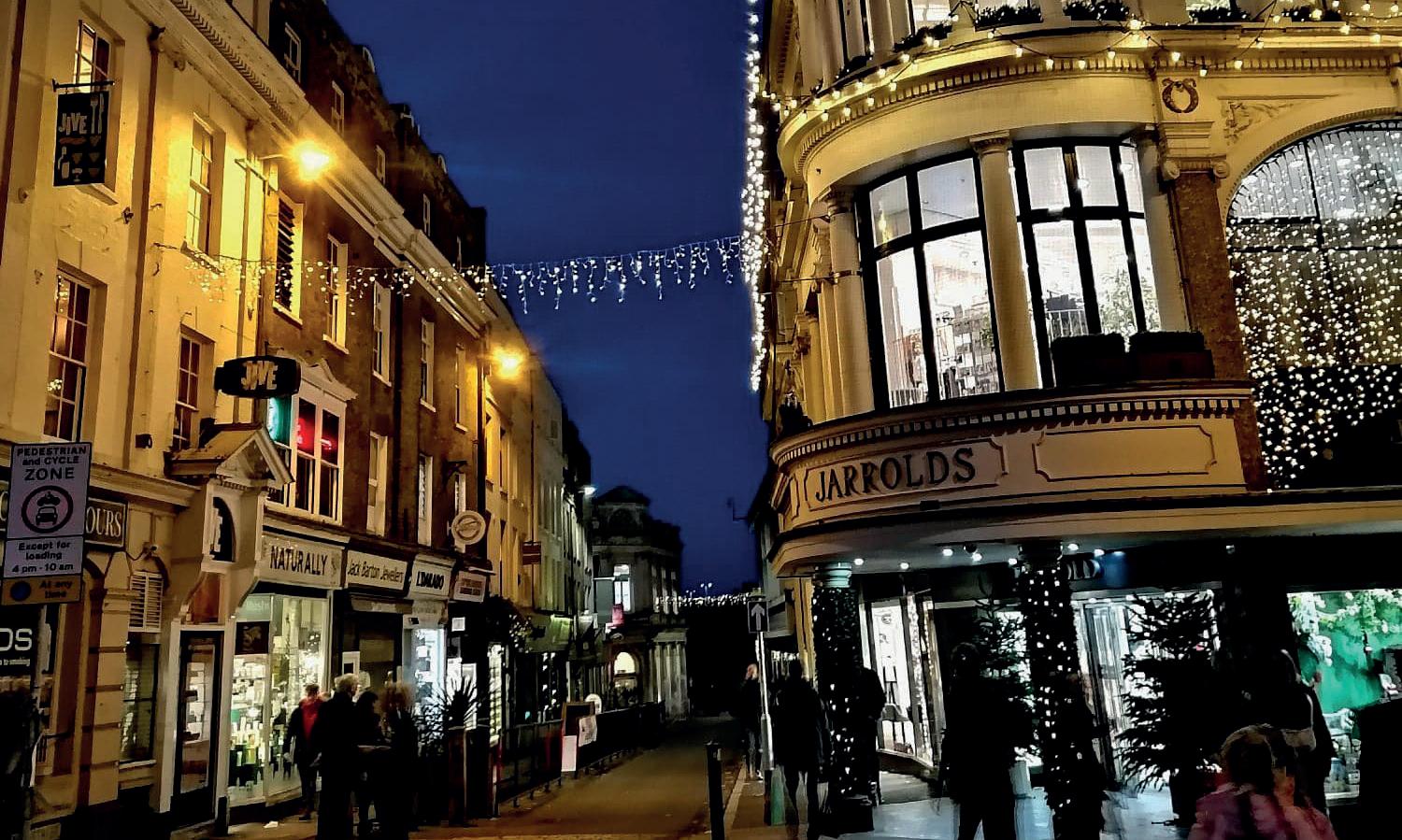
I hope you all have yourselves A Merry Little Christmas, enjoy this issue with some good food and take a break this winter.
We’re reaching the end of the semester and that means Concrete is halfway through all of our prints this year. The time feels like it’s flown right past me, yet at the same time it feels like the longest 12 weeks I’ve ever experienced. I’m ready to rest (once assignments are out of the way) and in the spirit of end-of-year activities, I’ll take this opportunity to reflect.
For a variety of reasons, some affecting everyone and others personal to me, this semester has been tough, and yet this team has found a way to keep going. Everyone who is involved in
Concrete and everyone in general should be so proud of making it through. You reading this, you made it. I was going through a hard mental health patch in the middle of this semester, and for a while felt like the only option was to give up on things that felt too difficult. Key word, felt. My mama saw me in my self-pity and gave me a tough pill to swallow, “you won’t always be able to quit things just because they’re tougher than you expected” and in true parent fashion, she was right. She encouraged me to talk to the people around me. After mustering up a lot of courage, I managed to share my worries with the people around me and the days don’t feel as scary anymore. Sharing the problem made it easier to cope and slowly start to work to
a solution. Libby very helpfully gave me a mantra that I’ve been living by every day “It’s not that deep”. It may be trivial and very obvious but for an anxious bean such as myself, I’ve been finding those words golden to live by every day.
As I don’t really celebrate Christmas, December is really an opportunity to rest, and I hope that everyone has an opportunity to do the same between deadlines.
My resolutions? Fix my sleep schedule, try not to feel like I need to be stimulated 24/7, appreciate the quiet moments, and be more at peace with my thoughts. I look forward to seeing you all in the new year, and the very best of holidays to you all.
Merry Christmas!!

Is it too early for that? One of the more obscure effects that coming to university has had on me is changing my view on when Christmas starts. As a bit of a TV nerd, for many years Christmas has officially started for me once I get the Christmas Radio Times (which for context is coming out from 10 December this year, later than usual thanks to the gift that keeps on giving that is the World Cup), but at uni, because most people go home around midDecember, 1 December seems to become the latest you can start getting Christmassy. It also helps my Christmassy feeling that I went to a Christmas market over two weeks ago, which in my mind may be a tad too early, but if somewhere’s serving caramel and marshmallow crepes and giant chocolate cookies then I’m going! Anyway, I think my mindset now is the sooner you can embrace the fun of Christmas the better (although it’ll still never quite be Christmas until I have that Radio Times)!
As I’m talking about Christmas, you can probably guess this is our last issue of the semester! I have to say I’m really proud of this one – we’ve got some excellent content across the board, and personally I’ve done my first interviews with Taylor and Georgia, who were both really insightful and a pleasure to talk to! More broadly, I’m very proud of what the whole team has achieved across these last four issues, and I’m very grateful to Libby, Badriya and Louise for being such excellent coconspirators in making it all happen!
This semester hasn’t always been easy (refer to my last two editorials if you want a sense of that), so its lovely to be able to end this last editorial of the year on a positive note – have an amazing holiday and bring on 2023!
The University of East Anglia’s Official Student Newspaper since 1992
Tuesday 6th December 2022 Issue 391 Union House University of East Anglia Norwich NR4 7TJ 01603 593466 www.concrete-online.co.uk
Editor-in-Chief Libby Hargreaves concrete.editor@uea.ac.uk
Deputy Editors Badriya Abdullah & Matthew Stothard News Jamie Bryson Senior Writer: Eleanor Radford
Home of the Wonderful Ronaldo Martins Senior Writer: Alexandra Ashby Global Leo Henry Senior Writer: Emma Darlington Features Sienna Norris Comment Eve Attwood Science George Barsted
Travel & Lifestyle Finlay Porter Senior Writer: Emily Goodwin
Sport Dan Laughlan Senior Writer: Drew Murphy
Breaking News Jamie Bryson Online Editors Kanon Higashi Ore Adeyoola Yashika Mathur
Social Media Bethan Rush Charlotte Guillick Jess Blissit

Concrete Photographer Prakrita Rahman
Venue Team Louise Collins
Lily Boag Ray Khawaja
Rosie Kyrin-White Daze Constantinides Clem Hailes Tshequa Williams Tabi Fielding Jessica Clifford Tom Porteus Millie Smith-Clare Alexandra Ashby
Rory Kettle
Front page photo: Jamie Bryson Cut-outs: All Unsplash

Editorial Enquiries, Complaints & Corrections concrete.editor@uea.ac.uk
No part of this newspaper may be reproduced by any means without the permission of the Editor-in-Chief, Libby Hargreaves. Published by the Union of UEA Students on behalf of Concrete. Concrete is a UUEAS society, but retains editorial independence as regards to any content. Opinions expressed herein are those of individual writers, not of Concrete or its editorial team.
The United Nations 27th annual Conference of Parties on Climate Change (COP27) took place throughout last month. Held in Sharm el-Sheikh, Egypt, leaders and activists from around the world gathered to discuss and debate current and future agreements on the global challenge of fighting climate change.
Running from the 6th to the 18th of November, the central committee had a vision of reducing emissions, helping countries prepare for and deal with climate change, and securing technical support for developing countries in doing so.
The 12-day-long conference took away four main outcomes. Firstly, the need to fund ‘loss and damage’ payments was accepted by richer nations. Poorer nations have argued for several years that whilst they contribute the least amount to climate change, they are affected the most by it; recent droughts and famines in Somalia, and flooding in Pakistan are among recent examples of
this. COP27 saw the agreement of further funding in this regard, however who will be providing and who will receive the funding is due to be decided at future COPs.
Secondly, the continuing debate on reducing fossil fuel usage remained a hotly contested topic,with the UN-Secretary General, Antonio Guterres criticising several of the G20 nation’s plans (including the UK) to construct new fossil fuel based initiatives, branding them, “moral and economic madness”, ahead of the conference.
Furthermore, the issue of ‘greenwashing’ by business was discussed. Greenwashing is a form of advertising where brands and products deceive customers into thinking that products are environmentally friendly, with little evidence presented to back up the claims.
A new agreement prevents the utilisation of previous loopholes to get around such evidence, as well as over net-zero targets made by over 12,000 businesses.
By enforcing this, organisations will have to meet set criteria to claim credibility that their
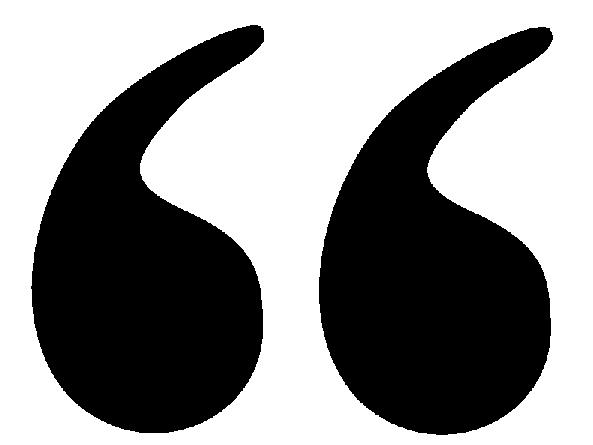
products and business practices remain in line with any environmental claims they make to customers.
Finally, agriculture and food systems were at the forefront of debate for the first time at the conference, despite the industry being responsible for up to one-third of greenhouse
beforehand. However, Sunak did make an appearance, responding to significant political pressure from numerous sides of the UK political spectrum.
Concrete spoke to Amit Singh - a third year UEA medical student and climate activist who attended the conference. Asked about the UK’s presence and contributions at the conference, Singh remarked, “The UK has remained largely silent on big issues throughout these negotiations - this isn't a good thing, as we need rich countries like the UK to stand in solidarity with countries most affected and pay up for the losses and damages that they face”.
Mr Singh did, however, emphasise some marked successes at this COP, including the aforementioned ‘loss and damage’ funding agreement, stating, “This is a truly joyful victory that will save the lives of many - it is a strong start towards developing a mechanism for this funding, and importantly for rich countries like the UK to actually pay up for their colonial, neocapitalistic extractive histories and present instead of simply lip-service”.
gas emissions. There have been increased talks around support for farmers to adapt to changes in their local environments and economic systems, and to create a more sustainable and fair global food system.
Closer to home, there was much uncertainty as to whether Prime Minister Rishi Sunak would attend the conference, due to “other pressing domestic commitments” in the UK just days
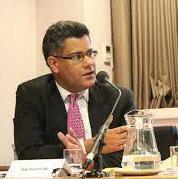
Probed further on the current government's climate record, he added, “The UK claims to want to keep temperatures from rising above the science-backed 1.5oC limit. In parallel to this, the government continues to expand fossil fuel extraction, such as through the Rosebank's Oil Field. The #StopRosebanks Campaign clearly states that this project, proposed by fossil fuel giant Equinor, alone would emit more than the 28 lowest-income countries combined.”
UEA is celebrating its place as 97th in the QS Sustainability Rankings 2023. The rankings, which are based around the United Nations’ Sustainability Development Goals (SDGs), survey nearly 700 universities worldwide in terms of their Social and Environmental Impact. As of November 2022, 65% of the country’s higher education institutions are refusing to invest in fossil fuel companies. This leaves a remaining 53 universities who are yet to divest.
The move for universities to cut ties with fossil fuel companies began with ‘Fossil Free’ – a global movement launched by the People & Planet network to “end the age of fossil fuels and build a world of community-led renewable energy for all”. Fossil Free began in 2012 and as of November 2022, has led to £17.6 billion worth of endowments being blocked off from fossil fuel investment.
UEA has also received a standing of 58th in the rankings, for its Environmental Impact. In Sustainable Education, UEA placed 38th globally, and 7th in the UK. The university has
credited this high standing partly to the Tyndall Centre for Climate Change Research, as well as the “strong quality and range of courses offered by UEA in environmental sciences”. Back in 2020, UEA also committed to achieve over 80% net zero campus emissions by 2030, and 100% by 2045.
Concrete spoke to Cat Acheson - a Postgraduate Researcher and member of the Biodiversity and Climate Action Network (BCAN) at UEA - which in Acheson’s words, is “a group of staff and students who want to push UEA to do more to tackle the climate and ecological emergency”.
In discussing UEA’s recent sustainability ranking, she argues the university “should be commended...but there is still a lot of work to be done”. Acheson believes this work will involve increasing “the number of staff members on the sustainability team” and ensuring “followthrough on the Net Zero target”. The researcher also highlighted the need for UEA to “cut ties with all companies supporting the fossil fuel industry”, such as HSBC and Barclays. Other ways she argues would make a difference include “creating a biodiversity plan, banning flying for academic travel except in
exceptional circumstances, and moving towards predominantly plant-based catering on campus”.Furthermore, Acheson believes progress can be made within general education. She highlights the importance of “mandatory sustainability training for all students and staff” to raise awareness for the ways in which we can all make changes in our daily lives to help preserve and protect the environment.
For students and staff interested in discussing such issues further, there is a Brainstorm Bash on 8th December, 5pm-7pm in ZICER 2.03. Attendees will be able to discuss key areas BCAN should focus on in terms of pushing forward climate action over the next year.
Of the universities remaining who have failed to commit to divesting from fossil fuels, many have significant amounts of money invested into the industry. According to the People and and Planet website, these include institutions such as University of Birmingham who have £5, 800, 062 invested, and Royal Holloway with £1, 723, 791.
Other universities who have failed to stop investments in
fossil fuels include Birmingham City University, University of Bradford, City University of London, University of Hertfordshire, London Business School, Royal College of Art, Leeds Beckett University, and University of West London.
To find out more about divestment from fossil fuels and the way you can help, head to https://www.divest.org.uk/.
Image(below): A student banner suspended from 1st floor of the Hive. Whilst much progress has been made, many contnue to call for UEA to cut all ties with Barcays Bank - one of Europe's largest fossil-based investment banks.
 Credit: Concrete/Jamie Bryson
Credit: Concrete/Jamie Bryson
"agriculture and food systems were at the forefront of debate"
Trust in national policing has fallen by a historic 22% in just two years -standing at just 53% in England and Wales, according to the latest YouGov poll. Amidst multiple cases of misconduct and abuse inside forces across the two countries, distrust remains greatest amongst 18 to 24-year-olds. Concrete sat down with the Chief Constable of Norfolk Constabulary, Paul Sanford, to discuss issues within his own force and the actions he is taking to address it.
Between 2019 and 2021, 25 Norfolk officers were held against misconduct or gross misconduct proceedings, leading to five
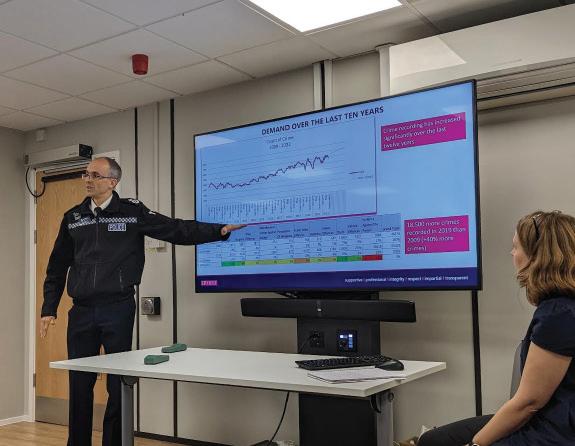
sackings, four resignations (who were due to be sacked) and a further 12 given formal warnings. Amongst those sacked were disgraced former officers Neal Porter and George Ince, who were arrested on duty over indecent images of children.
Challenged on these incidents, Sanford stated, “We found out their activity - we invested in finding them out and we got them out”. Reflecting more widely, he added, “Most of our officers are there for the right reasons - but this lot let us down terribly. I want to route this out of
our service; we’re determined to get them out”.
Appointed in June 2021, during what he branded “challenging times”, the veteran officer emphasised that since coming to the post he has “already kicked people out because they don’t line up with our values” and referred to “more investment into anticorruption”, adding “you will hear more on this”.
Probed on the effectiveness of the force's security vetting processes, Sanford proceeded to describe how “the best vetting in the world will tell you what someone has done, but not what they will do”. Expanding on this, how does the Chief Constable believe the force will begin to attract more of the
right attributes and characteristics to the recruitment process? “I think it starts before recruitment”, he states, “I think there's something about how the constabulary is seen amongst its local communities; we recruit from communities. What we often find is people who we've had positive encounters with, who think, you know what you've done there is something that I'd like to be associated with - that looks like a noble cause. So the engagement that we do in our communities is key”.
So what experience and qualities does Sanford hope to emerge from
these community engagements that would work well within the force?
“When recruitment does come in, we assess against values” he describes.
“We’re less interested in academic capability - we're interested in life experience. We're interested in people's ability to communicate with others”.
In many cases, it is clear that any previous value-based assessments in previous vetting within the service has not always been - as the College of Policing’s Vetting Code of Practice states - “effective in identifying those who pose a potential risk to others or who are otherwise unsuitable for working within the police service”.
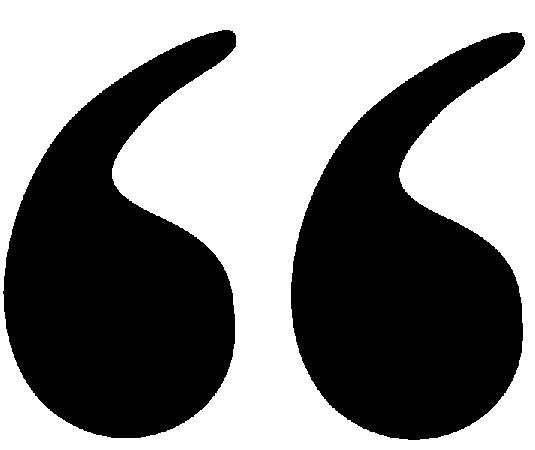
What reassurances then, can the Chief constable give, that due processes are in place post-recruitment that will allow “unsuitable individuals” to be removed from post? “Once someone is recruited, they are still
Eleanor Radford News Senior WriterThe last six months have seen political and economic turmoil across the country with dramatic changes in leadership and the cost-of-living crisis. The effects on household energy bills have been one of the most talked about issues of the crisis, with typical household energy bills growing by fifty-four per cent in April on the previous year.
This, alongside rising food prices, has pushed UK inflation to a forty year high. The culmination of these factors has had a substantial effect on young people and students with one NUS survey showing one third of students had roughly fifty pounds left per month after rent and energy bills.
With Jeremy Hunt’s first Autumn statement as Chancellor released last week, here’s a summary of the primary policies introduced.
For spending, one of the main issues is the national living wage, which is being raised from £9.50 to £10.42 an hour for over 23s and from £6.83 to £7.49 for 18 to 22-year-olds.
Along with this, state pension and benefits payments are also due to rise alongside the current inflation level of 11.1%. In addition, despite the target for overseas aid being 0.7%, it has been capped at 0.5% for the next five years.
Wikimedia CommonsIn terms of taxes, the top rate of
then in a probation period, and dependent upon the route they take into policing that probation period could be two years or three years” Sanford reveals, and then keenly emphasises, “It's lengthy and during that time, I do have the ability to remove them from policing - that is where the Chief constable does have powers if they don't demonstrate those values in everything that they do”.

In recent years, the force has seen a greater number of people leaving during this probationary period,
income tax (45%) has been reduced to £125,140 from £150,000. However, the basic rate will stay the same as the previous tax year (20% on incomes of £12,571 to £50,270). There will be raises across the board for council tax however, with the average household to pay up to a hundred pounds more. In total, the plans announced on Thursday amount to about £25 billion in tax rises.
These changes will all come into effect in April 2023, as the new financial year.
which Sanford remarks, “might well be a good thing”.
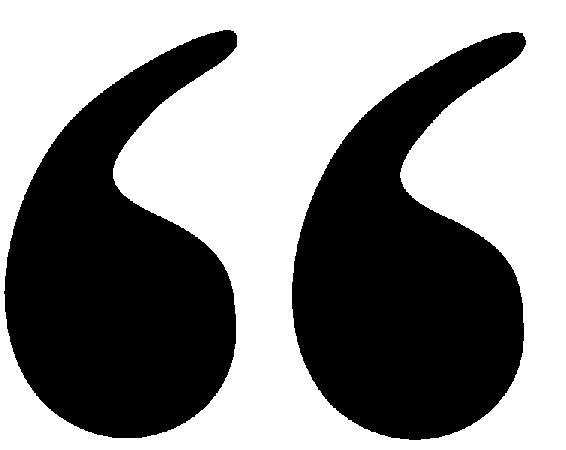
In concluding the interview, Chief Constable Sanford stated “The reputation of the police is something we hold dear. The events of the last few years have severely hampered that. So the effort to bring the right people into the organisation doesn't stop once they've signed their contract”.
Members of the public can contact Chief Constable Sanford by emailing ForceExec@norfolk. police.uk
Paul Johnson, the director of the IFS, said that middle earners were “set for a shock”. This shock will mostly come from the tax freeze, stopping tax thresholds from changing with inflation. This comes alongside a fall in living standards based on weak economic growth, an ageing population and previous high levels of governments borrowing. According to an analysis by the IFS, ordinary households will be 30% worse off by 2028 than they would have been had incomes continued to grow as they did before 2008. However, the International Monetary Fund (IMF) praised Jeremy Hunt for balancing the need to bring prices down and protect people’s earnings during a difficult time for the global economy.
Some bill payers may be concerned with the fact the ‘Energy Price Guarantee’ (a cap of the price per unit of energy) will now be raised to £3000 for an ‘average household’ from April 2023 - up from £2500 in October; this will increase an already substantial rise in energy costs of over 60% for the average UK household since April 2021.
These changes have started a ‘new era’ of higher taxes, according to the Institute of Fiscal Studies (IFS) think tank. Following up from this,
Shadow chancellor - Labour's Rachel Reeves - gave her reaction to BBC Breakfast, stating that there could have been “fairer choices” around tax, including, “the implementation of a proper and meaningful windfall tax on the profits of the big oil companies who currently exploit loopholes set by the PM”.
There will inevitably be further tough times ahead for students; whether the new policies announced in the autumn statement will help or hinder the realities of this, remains to be seen.
In the meantime, if you or anyone else are experiencing financial difficulties whilst at uni, please contact Advice SU who will direct you to the relevant services and people.
"Most of our officers are there for the right reasons - but this lot have let us down terribly"
"one third of students had roughly firty pounds left per month"Credit:Concrete/JamieBryson Image: CC Sanford at a recent Press Conferennce with UEA journalism students
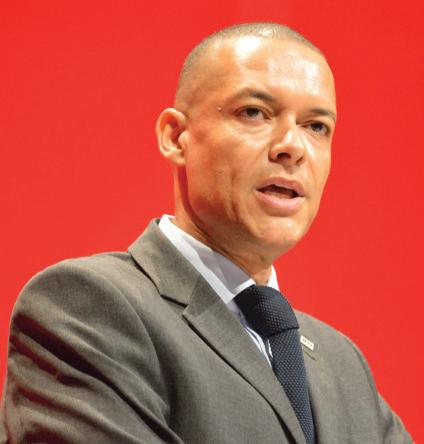
by 2030 (70% wind and solar, 30% nuclear, hydrogen and other renewables), the instating of a publicly owned energy company, and to triple the amount of solar power production, and quadruple offshore wind farms.
Charlotte Gullick News WriterAs the annual UN climate change conference, COP27, comes to an end, many of us may be left with questions, and no more so than towards our local representatives. In a Concrete exclusive, our local MP – Labour’s Clive Lewis –reflects on the politics of the ‘climate crisis’, and shares his views on the steps we can take as a community here in Norwich South.
When asked the seemingly obvious question of his views on climate change, Lewis highlighted his views on the importance of framing, stating, “It's not climate change, it’s a climate crisis; it’s not just about change, it’s catastrophic change that’s taking place which is going to cause a crisis.”
In putting this to Mr Lewis, he remarked “Infinite growth on a finite planet is not scientifically possible. I think my party does tend to focus too much on growth; let’s focus on the things that need fixing, rewilding, renewable tech, retrofitting, properly paid social care jobs, nursing, increasing the number of nurses and doctors, enhancing and increasing the roles of teachers.”
Expanding on the economics of the climate crisis, Lewis repeatedly highlighted that “you don’t have to wear a hard hat to be in a green job.” He wants to see further investment in the “jobs which enhance our wellbeing, enhance our mental health…That’s the kind of growth of the economy that I want to see, rather than just seeing empty growth in terms of consumption or parts of the economy which are harming the environment and the ecological systems which we need to survive.”
that he was a self defining “Socialist”, in a break from the more social-democrat (centreleft) political positioning of the current Labour Party leadership.
In the context of the Just Stop Oil protests that have been materialising across the country in recent weeks, Lewis responded that “yes”, there are circumstances in which breaking the law is permissible: “those protesters, I think,
Moving on to the current cost of living crisis, Lewis remarked on how the energy crisis and the climate crisis are “one in the same thing”.
He emphasised “what is driving inflation is excess profiteering, we know that there are a large number of companies that are increasing their prices under the guise of inflation, because they can, and they’re generating super profits…you can just look at the oil companies they are a classic example of that, and they are benefitting very much from a crisis, in part, of their own making.”
the argument, say oh hold on a second why are they protesting, what’s happening, what are the failures."
Lewis also urged readers to vote and hold those accountable who possess the ultimate power to make a difference, without putting too much pressure on ourselves to try and fix things with personal actions, and instead to come together as a community.
With regard to political policy, it was clear the former Shadow Defence Secretary believed his party was not doing enough.
At their recent autumn conference, The Labour Party pledged 100% clean electricity
Asked what he would be telling the leaders of the Conservative party to do right now if he was their environmental advisor, he exclaimed that he would call for them to “resign!” and added “The Conservative party is inimical to genuine climate action. I personally think that capitalism - or the variations on capitalism that we have at the moment - is always going to struggle to be able to tackle the climate crisis”.
Mr Lewis emphasised to us
when they make their case in a peaceful way, and sometimes it is disruptive - I am supportive of that. I personally think that they have every right to do what they need to do in the way that they want to express themselves, in a peaceful way, to make their point. And I’ll make the point that there is a big backlash about the fact that they’ve delayed ambulances and so on, and I’m afraid to say that this government and the way it has treated the NHS in the 12 years of austerity has probably contributed more than any climate protester ever has.”
Lewis continued to explain that not only nationally but globally those who are poorest are those most affected by the climate crisis; from those struggling to heat their homes in the UK this winter to those affected by adverse weather conditions in the global south.
In considering the above, we asked Mr Lewis what advice he would give to students in Norwich; “I think the biggest thing people can do is take an interest in these issues, speak up on these issues, and act as a kind of spokesperson in their community; when you go into work, when you speak to your family, when you hear people saying ‘oh those pesky climate protesters’ and have
Leaving students with one final message the Norwich South MP advised readers to “educate themselves about what is happening, understand what is happening, and make sure they play an active part in their democracy, ensuring that their politicians are doing what is necessary.”
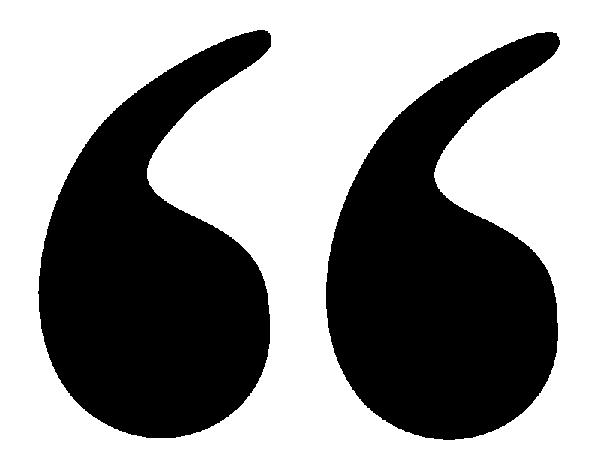

If you are registered to vote in Norwich South, you can contact Clive Lewis MP on any issue at clive.lewis.mp@parliament. uk stating your full name and address.

"the biggest thing people can do is take an interest"
"you don't have to wear a hard hat to be in a green job"
"The Conservative party is inimical to genuine climate action"Credit: wikimediacommoms
 Alice Goldsney Home of the Wonderful Writer
Alice Goldsney Home of the Wonderful Writer
On 14 November 2022, Nathan and I visited Auschwitz and Auschwitz II Birkenau as a part of the Holocaust Education Trust’s Lessons from Auschwitz programme. The whole programme felt meaningful and educational. After our daytrip to Poland reflections of what we witnessed there came at the strangest of times. My family and friends would ask me ‘How was it?’ but how do I answer that?
The visit and the conversation now feel like a responsibility for me to share the experience and bear witness to the truth of the Holocaust. Where I have been lucky to not need to have this discussion with a denier, I still felt some were not truly after the full contemplation and discourse
I wanted to have in response. Likewise, upon reflection I felt my responses were not entirely valid, perhaps, ‘second-hand’ grief for the horrors that happened, and a sadness of seeing the Camp in the flesh.
despair still.
There was no single area of the Camp that I felt ‘got to me’ more. At the end of our time in Auschwitz II Birkenau, listening to another testimony, this time one more personal to a member of our group, I realised that I had not seen the entirety of the site. It was cold, it was foggy, I was nestled into my scarf and hat and thinking about the sheer amount of space Birkenau had taken from locals and used instead for the systemic murder of millions of people. Of which 95% only saw a miniscule part: the unloading ramp, and the gas chamber.
personal addresses written in; tiny little shoes belonging to a child that would never see them again; and pictures upon pictures of defiant, confused, terrorised and beautiful people. Pictures I was glad to see of human beings that will now never be forgotten,
childhood and their education.
So how can this be brought back to our campus? The impact of antisemitism on the Jewish students in campuses across the country could be having the same effect.

For reasons I do not have the answers to, we have learned that antisemitism within the university setting is often used facetiously and is overlooked. I look forward to working with UEA’s JSoc to investigate this further to see what steps need to be taken for Jewish students at UEA to feel more supported throughout their degrees.
But being there - the claustrophobia felt within the space - brought a physicality to the emotions I was feeling, the gravity of the horrors felt heavy in my body. It felt like a warren of
Auschwitz-Birkenau is the most haunting place on the planet, particularly on a winter’s night.
Fog blankets the whole camp, so you can only see what the lamps let you – beyond that it’s just endless grey unknown. You look down and your feet are treading in dust. I remember so vividly the tour guide telling me that the ash from the chambers still circulates around the camps to this day. The flags on the poles are down, so every time the wind blows their cables rattle. It happens so regularly that it sounds like water droplets in a huge echoing cave. The air is so much colder than I imagined, even though I’d wrapped up well I couldn’t stop feeling the bitterness on my face and neck. It’s hard to imagine a more eerie, disturbing place.
Rabbi Marcus, who helped run the trip, told us that his most asked question at the camps is “where was god in all of this?” His response, the wise man that he is, was “where is man in all of this?”
The unfortunate truth, of course, is that man was behind all of this. Every decision that allowed this awful place to be created was done so by a man with a life and family – no god forced humanity to create this. The location, the treatment of the imprisoned, the living conditions, were all chosen to inflict the most damage as possible. A thousand sleeping in a shed, barely any food, eleven hours manual labour a day — all conditions created by the Nazis to slowly decimate the Jewish people.
It is so important to reflect and remember what man is capable of when reason is lost, and hate is king. With antisemitism on the rise in the UK and abroad it’s not difficult to imagine what man could be capable of again.
Everywhere I looked throughout the day, there was a personal story.Whether it was the other members within my group contemplating their surroundings; suitcases with
despite the Nazi’s efforts.
The


“‘second-hand’ grief for the horrors that happened”children’s photos serve as a reminder that the Holocaust robbed young people of their Photo: Unsplash Photo: Unsplash
“pictures...of human beings that will now never be forgotten”
Recently I came across the UEA Drag Society, after some major stalking, all I kept thinking was, why had I never heard of this society before?
It’s relatively new, but I first assumed it was a society for drag artists only, but no – it’s for everyone to get together and celebrate drag. So, I got in touch with the society, and they kindly agreed to talk to me about their wonderful society.
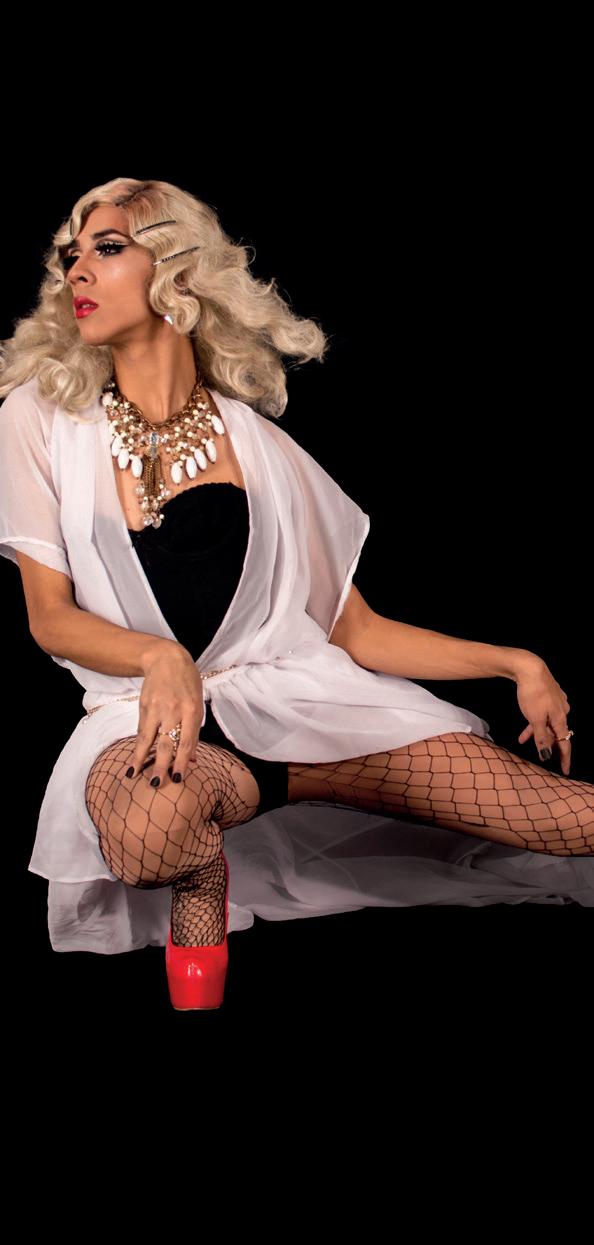
I spoke to three committee members; President, Milo (he/they), Treasurer, Becca (she/they) and Josh (he/him) who is both the Equality and Diversity Officer as well as the Secretary. I wanted to do this interview to educate people on what drag is: art.
My first question for the trio was what their aims are with the society. Essentially the Drag Society is a place where Milo, Becca and Josh want to change people’s perception on drag and break the stigma surrounding it. The committee want to enjoy
themselves and bring others like them together to join in on that fun. At the moment, they are trying to plan a drag show to put on in the bar, which immediately excited me, but for now, they get together every Thursday evening to watch Drag Race UK on campus.
Milo and Josh are both drag kings, and whilst Becca isn’t, she pointed out that “It’s such a fun thing to just sit and watch drag with other people, just to be an onlooker is mesmerising”. This society is open to everyone, you don’t have to be a drag performer, or even queer, it’s a place that brings likeminded people together, as a society should.
I wanted to find out about Milo and Josh’s drag personas. Milo first began watching Drag Race in 2016 when he came out as gay, which eventually led to him attending drag shows and is now a key artist in Norwich – “I’m the Duke, the Clown Prince of Norwich. I’m dressed as a clown most of the time, quite camp and colourful. I try and make everything non-binary because
it’s more about the energy you bring.” Josh on the other hand is called Blue Monday and describes his persona as, “quite masculine, the opposite of Milo. But the makeup I wear is very inspired by the eighties and the new romantic scene, it’s also quite burlesque-like!”
There’s a very common misconception that when doing drag, you supposedly dress up as the complete opposite of yourself, I asked Milo and Josh how they navigated that and why that perception of drag artists exists. Josh pointed out that, “it’s a misogyny thing. They don’t even allow drag kings on drag race” to which Milo added, “because of drag race, most of the artists people know are queens, and media is such a big influence too – if you open yourself up to your local drag community you’ll definitely be surprised. People tend to watch drag because they want to see these tall, sparkly women. While that’s amazing, it takes equally as much effort with kings.” They both had similar experiences wherein they realised that in Norwich, nobody cares if you’re a king or queen, the drag community will love you regardless; thus, The Duke and
Blue Monday were born.
I was quite surprised when I found out how different their support systems were, while Milo’s parents “have a running joke that every year I come out as something else […] they’re so supportive and have actually helped me write songs for shows, and wear The Duke t-shirts,” Josh has only a small bubble of support. His boyfriend is also a drag artist, he originally got Josh into drag, but his dad is the only one that really knows, “I don’t know if he completely understands but he always asks me how my shows go and is supportive. I haven’t told other family members because they wouldn’t get it.” Still, in this society, hatred exists, but Milo wisely said, “people who can’t express themselves get angry that we do.”
To conclude, I asked the trio how they would personally define drag and the general response I was given was that it’s an escape, whether that’s merely watching drag or performing, which is what their society encourages: a community of any kind of drag lovers.
The Student Union Council has passed a motion calling for UEA to remove the famous (or infamous) Antony Gormley statues that are placed around campus.
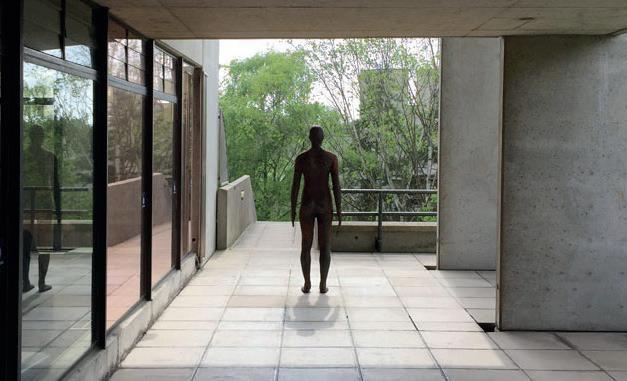
The art installation was placed in 2017, and whilst the university had stated that it is proud to be hosting “thought-provoking work”, they have drawn criticism from students from back then until now.
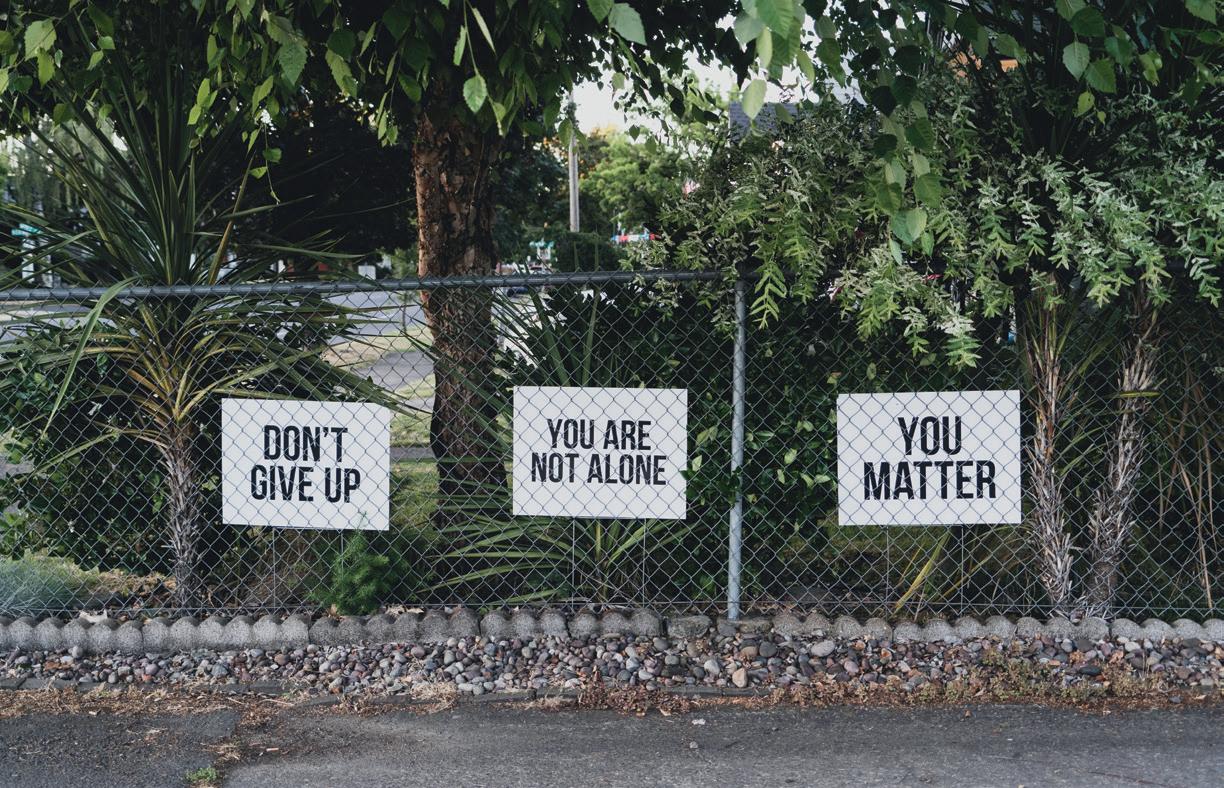
The art installation is part of a bigger project by Gormley called “Another Time” and features 100 life-sized human statues placed in a nation-wide art exhibit.
Gormley has stated that the aims of
these works is “an attempt to bear witness to what it is like to be alive and alone in space and time” and explore a human experience.
UEA is host to three of three of Gormley’s statues placed on the walkway of UEA’s library and on the roofs of the Biology department and UEA library.
Whilst the statue on UEA’s walkway is considered good luck by students, many have complained about the placement of the other two statues and the way they eerily look like someone about to make an attempt on their own life.
This resulted in a petition back in 2017 for the statues to be removed, but this did not come to pass.
Gormley, most famously known
for the art piece, “Angel of the North” defended his work at the time, stating that all art should be “unsettling” and that the installation had “nothing to do with suicide”. Rather, “they’re actually to do with life and they’re placed on the skyline in a way to make us think about space and distance.”

On Thursday 24th November, at the last Student Union Council meeting, Ethical Issues Officer Alice Bethell proposed that the statues be removed at the end of their five year loan period, which would be complete by the end of this academic year.
The motion proposed that the SU lobby the university to hasten the removal of the statues, and to ensure that it take into account student opinions when installing
controversial work in the future.
Currently, it is uncertain whether the statues will be moved to
other locations of if they will be permanently removed from campus as they near the end of their loaning period.
 Lily Taylor Home of the Wonderful Writer
Lily Taylor Home of the Wonderful Writer
Norfolk never seems to disappoint at Christmas, and it looks like it is not about to start. With Christmas 2022 just around the corner, Norfolk has plenty of magical events lined up to get the public in the festive spirit. Whether you prefer an evening exploration of Norwich City with its endless trail of lights, or simply want to sit down for a Christmassy cake and drink, there is something for everyone this season.
One of the most anticipated Norfolk Christmas attractions is Norwich’s Tunnel of Lights. Back for its seventh year, the popular tunnel consists of over 57,000 LED lights that are bright and colour changing. Situated on Hay Hill near The Forum, the illuminous tunnel is
a stunning display. If you’re looking for the perfect selfie location with a friend of partner, this is not an attraction to be missed. The Tunnel of Lights is open now, make sure to check it out before it closes on the 5th of January.
Lights and selfies not really your thing? Maybe you are more of a show person; this year, Thursford are bringing back their annual Christmas Spectacular, the largest Christmas show in the country. Audiences will be treated to a night of music, singing and dancing from a cast of 120 professionals, many of whom have appeared on the West End. Due to the show’s popularity, the 2021 Spectacular sold out fast, so make sure to get your tickets as soon as possible for this year. Tickets are on sale now, so head online or make a phone call to grab yours today.
Sometimes, there is nothing better at
Christmas than a warm drink and a slice of cake in a cosy café. Why not take this to the next level and treat yourself to The Nutcracker Festive Christmas Afternoon tea? Located at the Assembly House in Norwich, this mouthwatering array of sweet and savoury delicacies is the perfect festive treat. Furthermore, this afternoon tea is designed to suit a variety of diets, with vegetarian, vegan and dairyfree options. The Nutcracker Festive Christmas Afternoon Tea is available to buy from now until the 8th of January, so book your table at the Assembly House now and get your tastebuds in the Christmas spirit.
These are just a handful of events and attractions available to you in Norfolk this year. To explore more ideas, visit www.norwichbid.co.uk
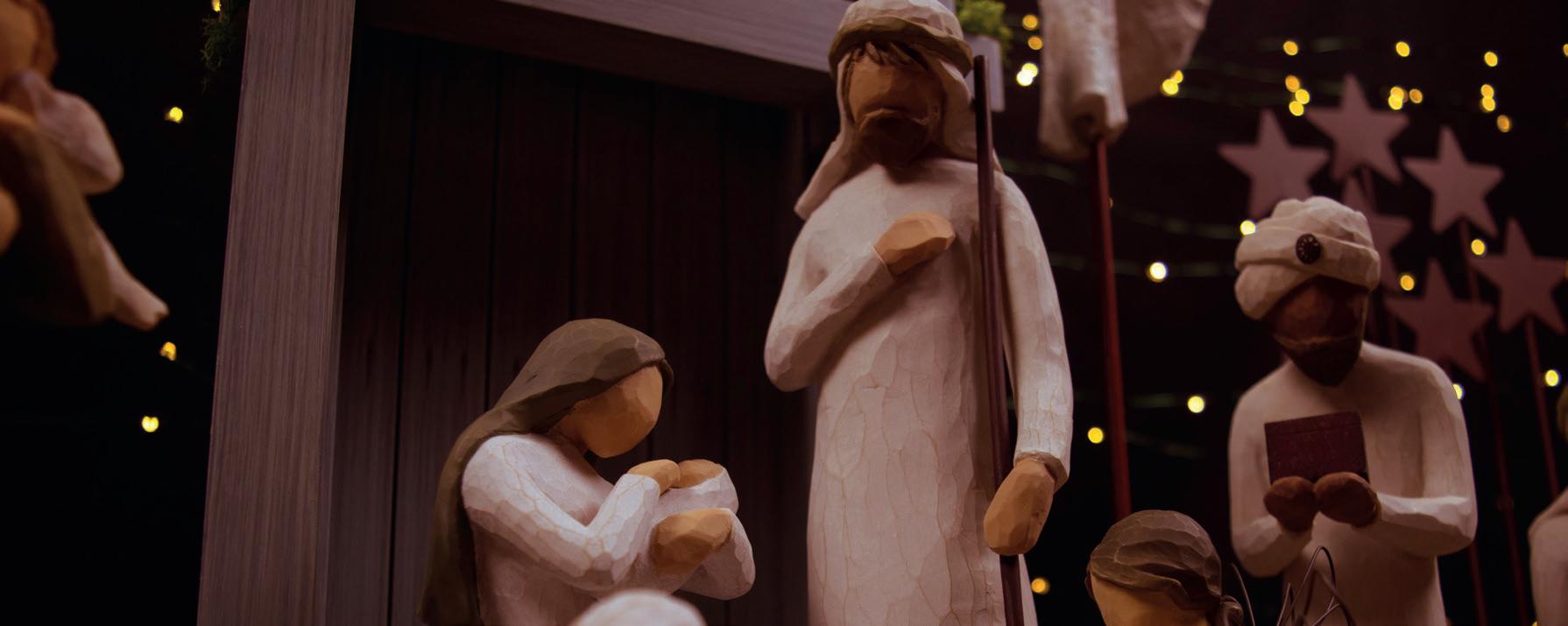 Louise Collins Venue Editor
Louise Collins Venue Editor
It’s coming up Christmas, which means it’s time for Livewire’s yearly charity festive single. And this year, Concrete members are channelling our inner Mariah Careys and joining in.
It’s been a Livewire tradition for over ten years (although it’s only available on their YouTube channel from 2015). When I spoke to the Deputy Station Manager, Izzy Millen, she told me, “theChristmas single is a livewire tradition and every year we’ve raised money for charity whilst having outrageous fun doing it. It’s a great way for our members to bond and for us to show off our (lack of, in most cases) musical talents.”
In 2013, the Livewire crew did a contest. Team Jingle Bell Rock, featuring some Mean Girlsmoves, versus slightly more emotive, Team Stay Another Day. In 2018, Livewire collaborated with UEA Jazz collective in order to make a wonderful Christmas cracker. Last year, the members busted out their best boyband moves, singing along to a mashup of NSYNC, Britney Spears and East 17. With their best sultry singing, and the saturated filters adding to the vibes, the 2021 Christmas single certainly was an experience. With love to all involved, they were entertaining, but they won’t be winning Britain’s Got Talent anytime soon.
The videos are a chaotic conglomeration of vibes. We have the stereotypical clips of singing into the microphone and holding the headphones, occasionally throwing up peace signs or pulling a goofy facial expression, there’s always some terribly uncoordinated dancing thrown into the mix, and some ‘behind the scenes’ moments. To add to the festive spirit, singers show up in Christmas sweaters, Santa hats and reindeer antlers –must haves for any winter music video.
After watching from the side lines for many years, Concrete are finally getting involved. We’ve spent plenty of time in the media office singing along to Livewire’s shows for them to know that we cannot carry a tune at all. EiC Libby and I, especially, have boogied away to all things Taylor Swift, acting as a live audience for whoever’s producing at the time, and I know we’re both incredibly excited to bring this energy to the music video. When asked about her favourite part of the whole experience, Izzy replied, “getting together to record and make the video is always ridiculous fun. We all get to cheer on our friends and have fun just relaxing and being silly all for a great cause.”
I don’t know about you, but as someone who loves to sing in the kitchen with her housemates, or serenade the section editors with musicals, this sounds like a brilliant time.
Concrete have definitely chosen the best year to join
in, as the single for 2022 is everybody’s favourite Christmas musical; Nativity! At least, nearly everyone’s favourite... I’ve listened to the mock-up pretortured singing, and I can’t wait to do my best rendition of the movie’s soundtrack.I mean, who didn’t love to rap along with Oli to She’s The Brightest Star? And let’s be real, we all longed for a teacher like Mr. Poppy. Finally, our dreams have come true. We get to Sparkle and Shine for an excellent cause.
So, where can you find the masterpiece? And where does the charity element come into it? When the video is finished, it’ll be uploaded across the Livewire social media platforms, filling the sites with our angelic voices. Livewire will be running a JustGiving page alongside it, where you can donate to this year’s Station Manager, Lauren Aarons’, chosen charity.
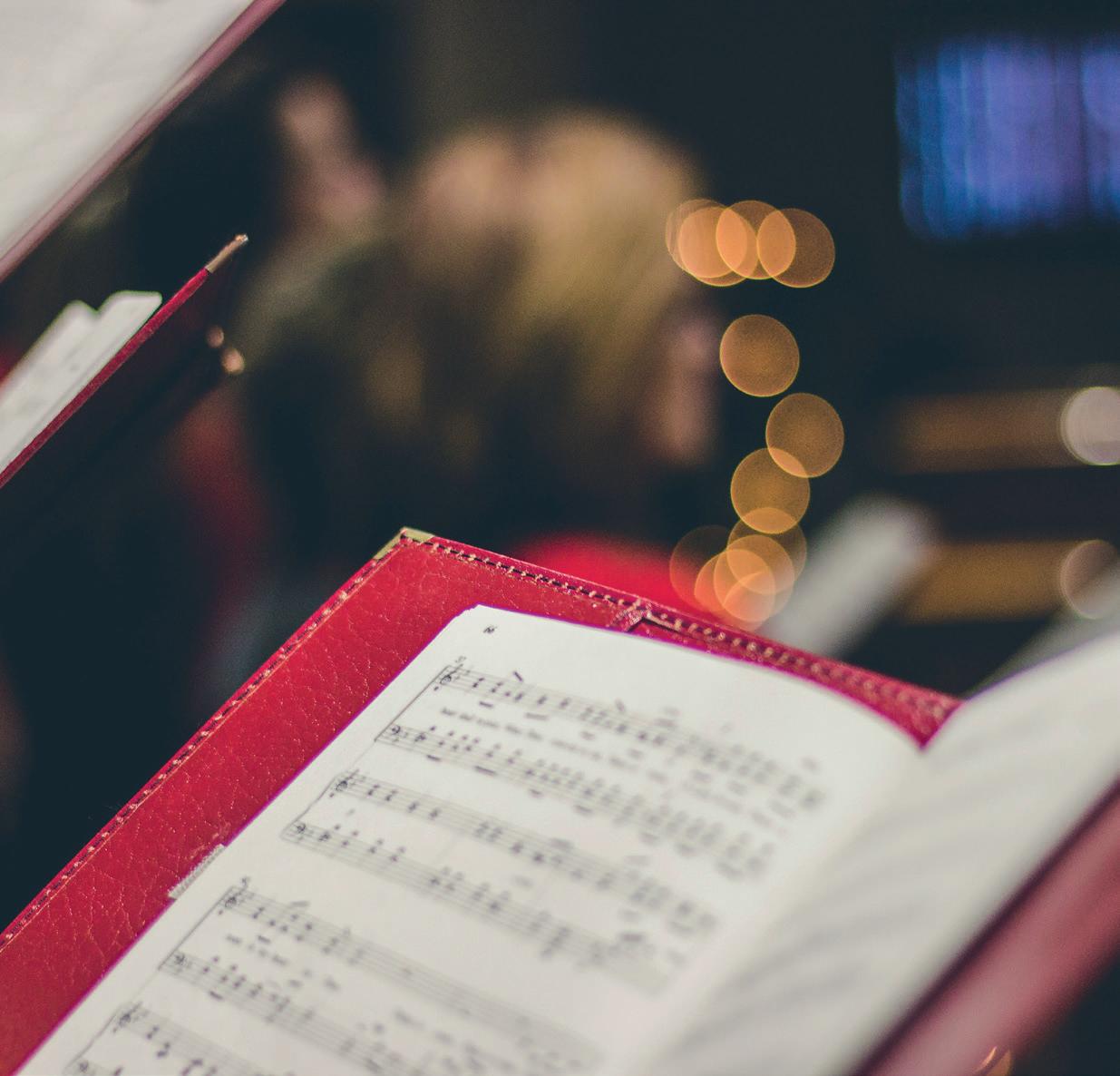
Christmas Publishing Fair - 3rd Dec- National Center for Writing’s publishing fair is back. Meet the publishers and maybe even grab a gift or two. Free entry. From 10am - 4pm at Dragon Hall.
The Longest Johns - 3rd Dec - sea shanty and folk song performers, this group are taking their show to the Norwich Arts Centre. From 8pm - 11pm. Tickets from £18.50
Damn Good does Horrible Histories - 6th Dec - well, you’ve spoken, and you’ve picked your own club night. Whether you’re a Rotten Roman, or a Vicious Viking, dress up in your best Horrible Histories costume and sing along to all their hits. Doors open at 10:30, with tickets at £4.50.
Esther Freud at UEA Live - 7th Dec - discussing her multigenerational novel I Couldn’t Love You More and the themes of love, motherhood and relationships. 7pm, Lecture Theatre 1, tickets from £6.
Campaigning as multi-racial disabled women, then and now - 8th Dec- A Disability History Month Event. WinVisible will look into the past and consider the disability movements throughout time. You can access this talk online or in bookable room 6. Free event at 2pm.
A Sexy Sleigh Ride -8th Dec - UEA Burlesque society turns festive in this performance at Norwich Arts Center. At 7pm with tickets from £7.50
Norwich on the Darkside Guided Tour - 9th Dec - listen to tales of grime, punishment, filth and misery as you wander around the streets of Norwich. Tickets at £7.50 from 6pm to 7:45pm with Paul Dickson Tours.
Navigate Norfolk: Felbrigg Estate Day Trip - 10th Dec - A Disability History Month Event. Enjoy the beautiful countryside of Norfolk and take in the christmas decor within the estate. £5 a ticket at 11am. Tickets available on SU site.
Handmade Christmas Market - 10 Dec - Soak up the atmosphere of a Christmas market bursting with handmade goodies, gifts and treats all under the roof of one of Norwich’s most ancient buildings. The Halls.
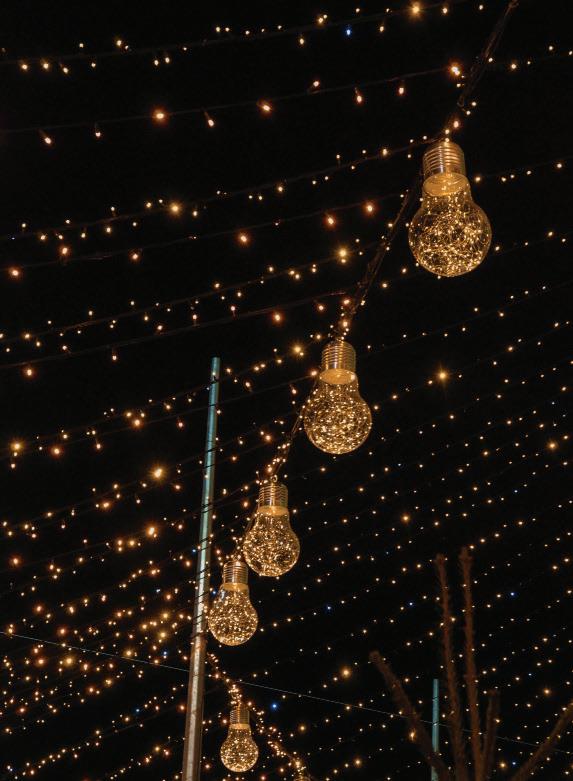


Clutter City Winter Market - 10th Dec - Clutter City Market returns to NAC on Saturday 10 December for all your Christmas shopping needs with over 25 carefully selected stalls featuring the best local makers, artists, illustrators and designers! Free entry from 11am – 4pm.
Jack and the Beanstalk Christmas Panto- 10th Dec - 7th Jan- with an incredible cast, slapstick comedy, and some beautiful costumes, this panto is one for all of the family. Tickets available from £10. Norwich Theatre Royal.
Murder Mystery Christmas Specials - 11th & 18th Dec - meander over to The Maid’s Head for a three-course dinner and the entertainment of a festive-themed murder mystery. From 7pm. Tickets at £45 per person.
Week commencing 12th December 2022
Pet a PAT Dog - 12th Dec - A DSD / Disability History Month Event. a relaxed space where you’ll be assigned a dog to sit next to and be able to pet. From 12pm - 2pm, available to book on the SU.
Damn Good does Christmas - 13th Dec - wear your ugliest Christmas sweater and channel your inner Mariah Carey for the last Damn Good of term. Doors open at 10:30, with tickets at £4.50.
The Wandering Hearts - 13th Dec - The folk band are coming to Norwich Arts Centre after their breakout success. Tickets from £17.50. Event starts at 8pm.
Sam Ryder Album Launch - 13th Dec - To celebrate his latest album, Sam will be performing at The Waterfront from 7:30pm. Tickets available from £13 via the HMV website.
The Norwich Drag Pageant - 16th Dec - Six competitors. Two legendary hosts. One crown. The Norwich Drag Pageant is back! With iconic hosts Liv and Moth, there’ll be original drag performance and an epic lip-sync smackdown for the crown! At Norwich Arts Centre, with tickets from £9.50 and event starting at 8pm.
Snow Bash - 16th Dec - head to the LCR for the last party of the year. Featuring all the best A-List and Christmas bangers, as well as plenty of photo ops and festive activities. Tickets at £8 with doors opening at 10:30pm.

True Stories Live: Unwanted Gifts - 18th Dec - an unpredictable event where people tell their real life stories to a welcoming audience. Tickets from £6.50, event starting 7:30pm at Norwich Arts Centre.
Slade - 18th Dec - Experience Slade in their show Together at Christmas at The Waterfront. Show begins at 7pm with tickets from £27.50.
Guided Tour of Dragon Hall - 19th Dec - learn about the architectural and social history of this incredible building. Hear about its colourful past and its wonderful present. Starts at 2pm and tickets are free.
Sh!t Actually vs Sing-A-Long-A Muppet Christmas Carol - 20th and 21st Dec - In a double-bill viewing, Sh!t Theatre are presenting us with a Christmas special. Get prepared for flowing drinks and lots of laughter. Norwich Arts Centre at 8pm with tickets from £9.50
Historic Pubs of Norwich - 22nd Dec - a guided walking tour of some of the most iconic pubs in Norwich. With stories of gruesome murders, student sit-ins and more. Starting at 6pm with tickets at £9.
The High Points - 22nd Dec - the multi-genre band from Norwich are performing their headline slot at Norwich Arts Centre, with a few Christmas surprises thrown into the mix. Starting at 8pm, with tickets from £10.

Perhaps the single most consequential result from the US midterms held earlier this month was the Republicans gaining control of the House of Representatives. This will give them enormous political power to wield against President Biden and the Democrats, including the powers to launch investigations and block legislation. Yet, by their own standards, the performance of the Republicans, or the ‘Grand Old Party’, fell far short of expectations. They lost in many races they felt they should have won, only taking the House by a small single-digit majority, as well as underperforming in Senate and gubernatorial (governor) races.
Historically, the party out of power sees electoral gains in midterm elections. This is because, as voters become increasingly tired of the President’s party (which they do, as a rule of thumb) the out-of-power party becomes increasingly popular as a viable alternative. In 2018, the Democrats comfortably regained House control in what many saw as a backlash against Donald Trump, less than two years into his Presidency. In 2010, the GOP famously gained 63 seats in the House; Barack Obama described it as a “shellacking” against him.
Since 2021, there had been much hype of an incoming ‘red wave’ of Republican victories due to perceived dissatisfaction with the Biden administration. Some have blamed the high inflation in America on Democrats’ vast spending, and for many this fuelled the expectation of a Republican sweep in November.
But the consensus is that this ‘red wave’ simply did not happen. So where did the GOP fail, and where did the Democrats outperform? Part of the answer lies with the phantom looming over the contemporary political scene in America: Donald Trump. Before November, Trump used his influence to elevate his preferred candidates within the GOP, many of whom were ‘election
Following election night, the trend emerged that candidates who were closer to Trump were more likely to lose. Trump-backed outspoken ‘election denier’ Kari Lake narrowly lost the Arizona gubernatorial contest to Katie Hobbs; in Michigan, incumbent Governor Gretchen Whitmer, a Democrat, easily won re-election over Trump-endorsed Tudor Dixon. Dr. Mehmet Oz, backed by Trump, lost the Senate race in Pennsylvania to John Fetterman, and in the same state, Democrat Josh Shapiro comprehensively defeated Trump-endorsed Doug Mastriano, who was instrumental in attempting to overturn Biden’s 2020 victory in Pennsylvania. Fetterman’s victory over Oz was particularly significant since it flipped a Senate seat from the Republicans to the Democrats. It also played a key role in denying the GOP control of the Senate, which the Democrats will now control for the remainder of Biden’s Presidential term.
for the 2024 Presidental election.
The pockets of Republican overperformance were not limited to Florida. For instance, in New York, the GOP flipped four House seats, Republican Lee Zeldin, while defeated, performed strongly in the gubernatorial race and, despite Beto O’Rourke’s best efforts he was unable to wrest the Texas governorship away from incumbent Greg Abbott.
voters to lean towards Republican candidates. However, when we look at exit polls regarding the nationwide vote for the House, this is shown not to be the case. Independent voters went for Democrats over Republicans by a small margin of two percentage points, going against the historical precedent of recent midterms. The GOP winning the House despite losing the independent vote can be explained in part by the fact that Republicans showed up in greater numbers than Democrats, according to exit polls. Midterm elections, where the out-of-power party has a higher motivation to vote, generally have substantially lower turnout than Presidential elections.
deniers’ (those who believe Trump won the 2020 Presidential election). Simply put, this meant that the Republicans on the ballot in November were often more extreme and less appealing to swing voters.
Republicans who were more distant from Trump did considerably better. Senator Marco Rubio won his reelection resoundingly, and Governor Ron DeSantis won his re-election in a landslide, beating his Democrat rival Charlie Crist by almost 20 points. Though some say Crist was a weak opponent, there is no denying that the ‘red wave’ happened in Florida, and DeSantis’ huge margin of victory has made him a favourite
Trumpism was not the only factor assisting Democrats, as much of the latter’s rhetoric was dedicated to the Supreme Court’s overturning of Roe v. Wade back in June. It is safe to say the increased salience of abortion rights was somewhat beneficial to Democrats, and along with Trump’s return to prominence, this insulated them from what could have been a disastrous spectacle.
Prior to election night, one might have expected most independent
Joe Biden’s approval ratings remain low (nowadays a little above 40 percent), but the 2022 midterms showed that not all voters treated the elections as a referendum on Joe Biden. Instead, the results showed a deeply polarised America that signalled its discontent with leaders in Washington, but did so in a moderated fashion by rejecting more extreme alternatives. This outcome does not vindicate Joe
Biden, nor his Party, but it sends a clear message to the Republican Party that the extremist messaging of Donald Trump could be its kryptonite going forward.
A few weeks after Xi Jinping’s triumphant re-election, the Chinese political situation has been steering towards uncharted waters. Last Thursday (24 Nov) , a fire erupted in Urumqi, the capital of Xinjiang, in Western China.
The New York Times confirmed at least ten people lost their lives.
Protests began, on Friday (25 Nov) once videos of the somber incident surfaced on the internet. Thanks to social media, word spread victims of the fire were unable to flee the scene as a result of covid restrictions in place by the government officials.
The Covid restrictions are part of China’s zero Covid policy.
According to Reuters, China has reported the highest number of Covid-19 infections on Thursday. Although it is low by global standards, but the situation seems grim for the world’s second largest economy as the population of China grows more and more mentally exhausted and financially strained due to sudden
lockdowns for the past two and a half years.
Amidst the covid restrictions, Chinese citizens have started openly voicing their dissent for the government policies, a rare fiasco for the regime of the communist party.
The Chinese government, once declared the custodians of curtailing the pandemic in their country, face a somewhat unfamiliar challenge – their own population.
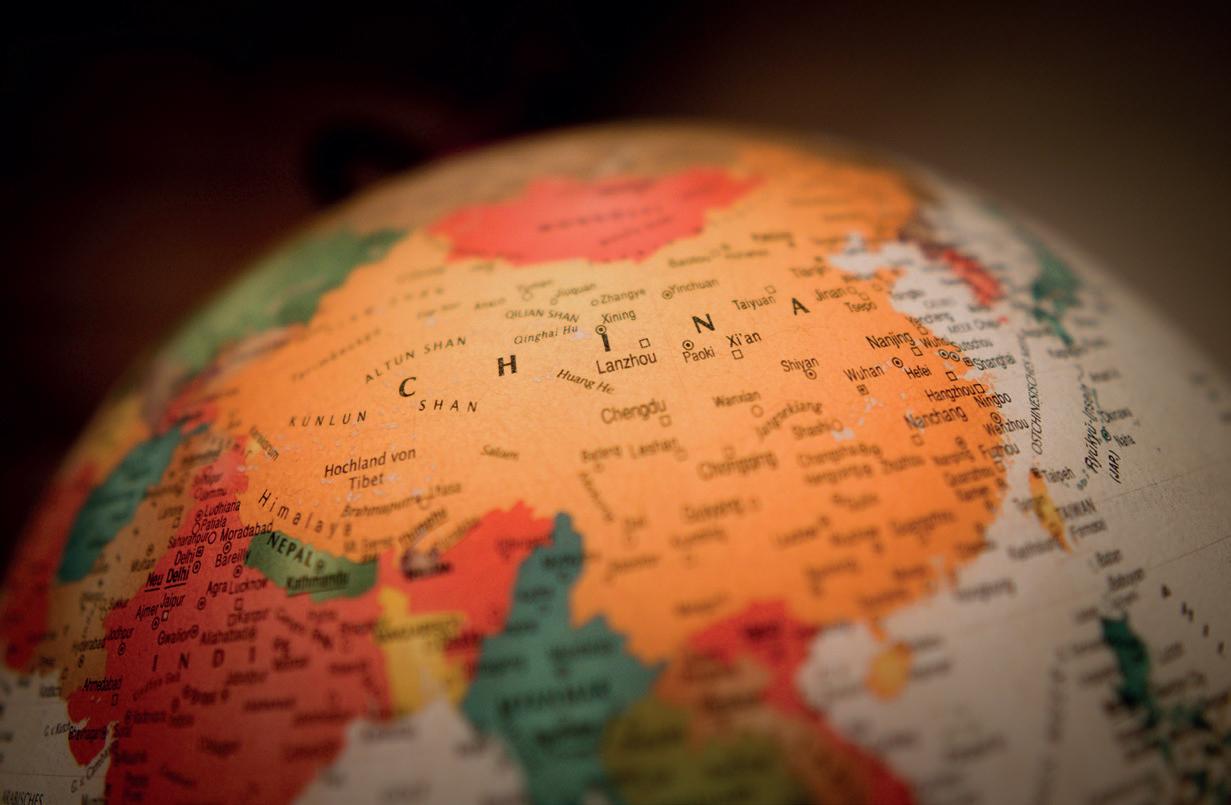
A report by the BBC states people were seen chanting the slogans of “Xi Jinping, step down”, and the protests numbering thousands of people have spread to many major cities.
Ashir Azeem, a former Pakistani bureaucrat, argues that the most dangerous power in this world is the power of a mob.
It is pertinent to mention, there has been a trend of citizens in other countries expressing criticism against their governments in the region.
BBC notes protests in Iran, much more violent than China, have been including slogans such as “Death to the Dictator” because of the barbaric murder of Mahsa
Amini.
Anti-military propaganda has been observed to be spreading by the intelligentsia in Pakistan after the assassination attempt of Former Prime Minister Imran Khan. According to Wall Street Journal, political protests can also be expected during FIFA World Cup in Qatar. These are not countries who normally tolerate such displays of public discontent.
Looking back at the protests in China, it seems that Sun Tzu’s words might have not been implemented by Chinese policy makers in both letter and spirit as the Chinese protests seem to be gaining pace, as they find themselves fighting a needless battle.


were closer to Trump
“Every battle is won before it is ever fought” - Sun TzuPhoto: Unsplash


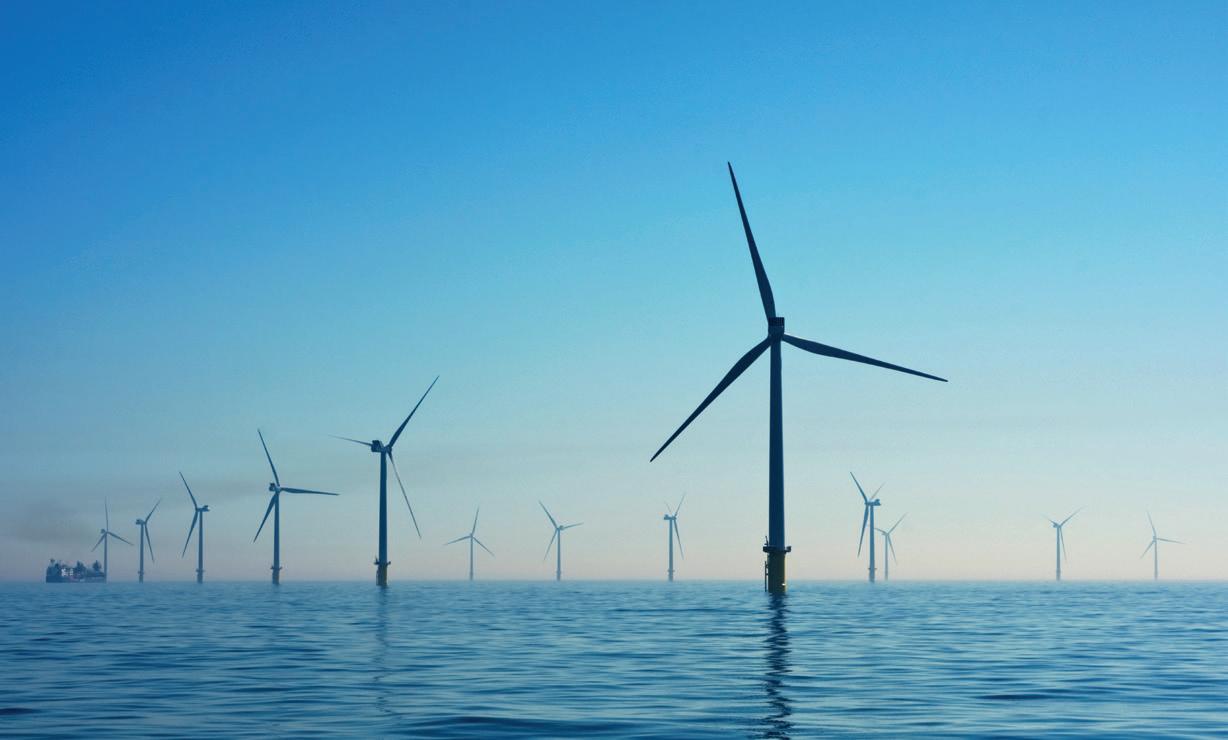 Emma Darlington Global Senior Writer
Emma Darlington Global Senior Writer
At what point does the human race say enough?
Enough to the exploitation of natural resources fuelling our greedy lifestyles. Enough to the millions of people being affected by wars, conflict, hunger, and migration brought about by climate change. According to UNICEF, 33 million people have been affected by the heavy monsoon rains in Pakistan brought about by devastating rain and floods. The Horn of Africa is experiencing its worst drought in more than 40 years. More than 18 million people are facing severe hunger in Ethiopia, Somalia, and Kenya. Let’s not forget the islands which have been inundated by rising sea levels, destroying whole communities. These were among the direst cases of climate crisis when world leaders headed to Cairo.
The 20th of November was the start of the 27th Conference of Parties to the United Nations Framework Convention on Climate Change (COP27). Held in Sharm el-Sheikh, Egypt, more than 100 heads of state and governments and over 35,000 participants came together for action against climate change. After two weeks of intense debate which overran by two days, agreements were made with an emphasis on mitigation, adaptation and boosting support in finance, technology and the capacity building needed by developing countries. There was a “reaffirmed commitment” to limit global temperatures to 1.5 degrees above pre-industrial levels. A strong emphasis of COP27 was climate justice, with the creation of the “loss and damage fund” with the aim to compensate and assist nations most vulnerable to climate change. This fund was an historic step towards rectifying the systematic injustices of billions of people who are facing the effects of the climate crisis today. However, many critics argue that COP27 “fell far below expectations”.
Take the issue of fossil fuels, for example. One pitch by India, a proposal to “wind down consumption of all fossil fuels” was quickly shut down by oil and gas producers such as Russia and Saudi Arabia. Will phasing out fossil fuels ever be included in the list of tangible achievements of COP28, COP29, and beyond? Perhaps not. The challenge is overcoming the vested interests of
countries and companies in oil and since according to the World Bank the oil and gas industry generate $1 trillion in profit a year, the oil lobby exerts a considerable amount of power, especially over petrostates such as Saudi Arabia and the UAE. Incidentally, the latter is hosting COP28 next year, and have recently brought forward oil production capacity expansion to 2027.
When looking at historical cumulative emission, countries with the highest historical emissions, are not always the biggest emitters today. But there is a consensus historical emitters should pay for their impact on the climate. The US alone is responsible for 25% of historical emissions, followed by China and Europe. The largest emitters today are China, US, India, Russia, and Japan who contribute 52% of global emissions, so these countries need to lead the way to combatting the climate crisis, whilst historical emitters need to pay for the damage they have wrought.
During COP27, obstinate stubbornness was the order of the day as the US initially refused the creation of the loss and damage fund and the entreaties of EU nations attempting to water down proposals and options. Conflict emerged over which emitters should contribute to the fund. EU countries proposed that big emitters such as Saudi Arabia, China, and India, who are not historically responsibility for emission, still play a role as donors towards developing countries.
However, the agreement concluded that each country either developed or developing could contribute to the fund on a “voluntary” basis. When examining past financial commitments made by countries one may wonder whether this fund will ever materialise.
The idea of industrialised countries taking responsibility for their past emissions, is not new to the table.
“Developing countries” have been pitching this idea since 1992 but have been unsurprisingly side-lined and barred from discussions. This new fund seems quite like one of the commitments made during COP 15, seeking to “enhance capacity and resilience, reduce vulnerability through technology transfer, finance and capacity building”.
Developed countries agreed to provide $100 billion in finance per year. Frustratingly, by 2019 this target had not been lived up to, with up to $20 billion missing. To bring this figure into perspective Qatar reportedly spend $220 billion alone on hosting the World Cup.
Additionally, there is a lack of clarity whether this fund will be additional money or money which has already been committed to other issues and shifted for the fund. It is becoming increasingly difficult to see how the most vulnerable countries will ever receive justice, and with the impacts of climate change hitting the said countries the hardest quick cash flows are vital. Despite this, COP 27 fell short in that it made no outline on how and when the money should be paid into the fund, or even on how it should be distributed. For this we will have to wait for COP 28.
Despite a clear emphasis on climate justice and empowerment nominally shared by all levels of participants and stakeholders there is still controversy when it comes to the perceived priorities of the organisers. When looking at the representation of people at the COP 27, the number of fossil fuel lobbyists were double those of indigenous people, who have a good deal more to lose than corporate profits. Cue, quite rightly, cries of injustice.
Climate change cannot be confronted without COPs. They are the only forum in which all countries can come together on an equal basis to discuss the climate crisis with the eyes of the world on them. But countries which do not want to bear the brunt of responsibility or act can do so. We need to continue and expand addressing climate change on all the forums we have, from the public to the private sectors, because relying on a single conference a year, however large in scale and inclusive in its participants, is not doing enough fast enough. How can effective
action occur at COPs when banks are still lending money to fossil fuel companies and governments are still heavily subsidising them?
International cooperation is essential for resolving the climate crisis. But unless the major emitters and fossil fuel users come with a much greater impetus on making change and not letting their wallets rule their politics, human civilisation will pass the point of no return, and there will be no coming back.
In the words of Secretary General Antonia Guterres; “We are on a highway to climate hell with one
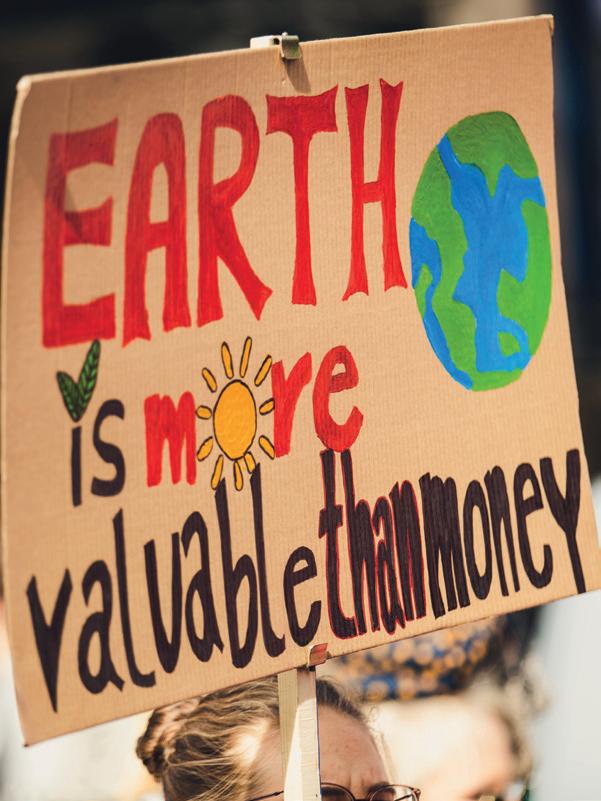
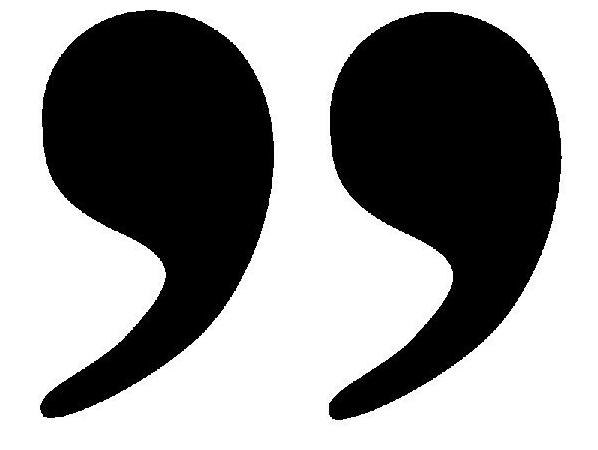

This issue, I sat down with two of the SU’s officers to discuss some of their most prominent recent projects.
Firstly, I spoke to Taylor Sounes, the Undergraduate Education Officer, about what she’s been working on recently. I started by asking her about the SU’s position on the UCU’s recent strike action, which Taylor outlined as being to “support the UCU,” a policy which was voted in by Union Council in 2018. She also said it was discussed at Union Council more recently, where there was still a lot of support for the position. Taylor personally has been in meetings with the university around mitigations, to make sure that while strikes are happening, “students are not negatively impacted.” She said that nothing has happened yet in practice, because the university is waiting for a list of the modules which were affected, but they will begin to take mitigating actions once they have that information.
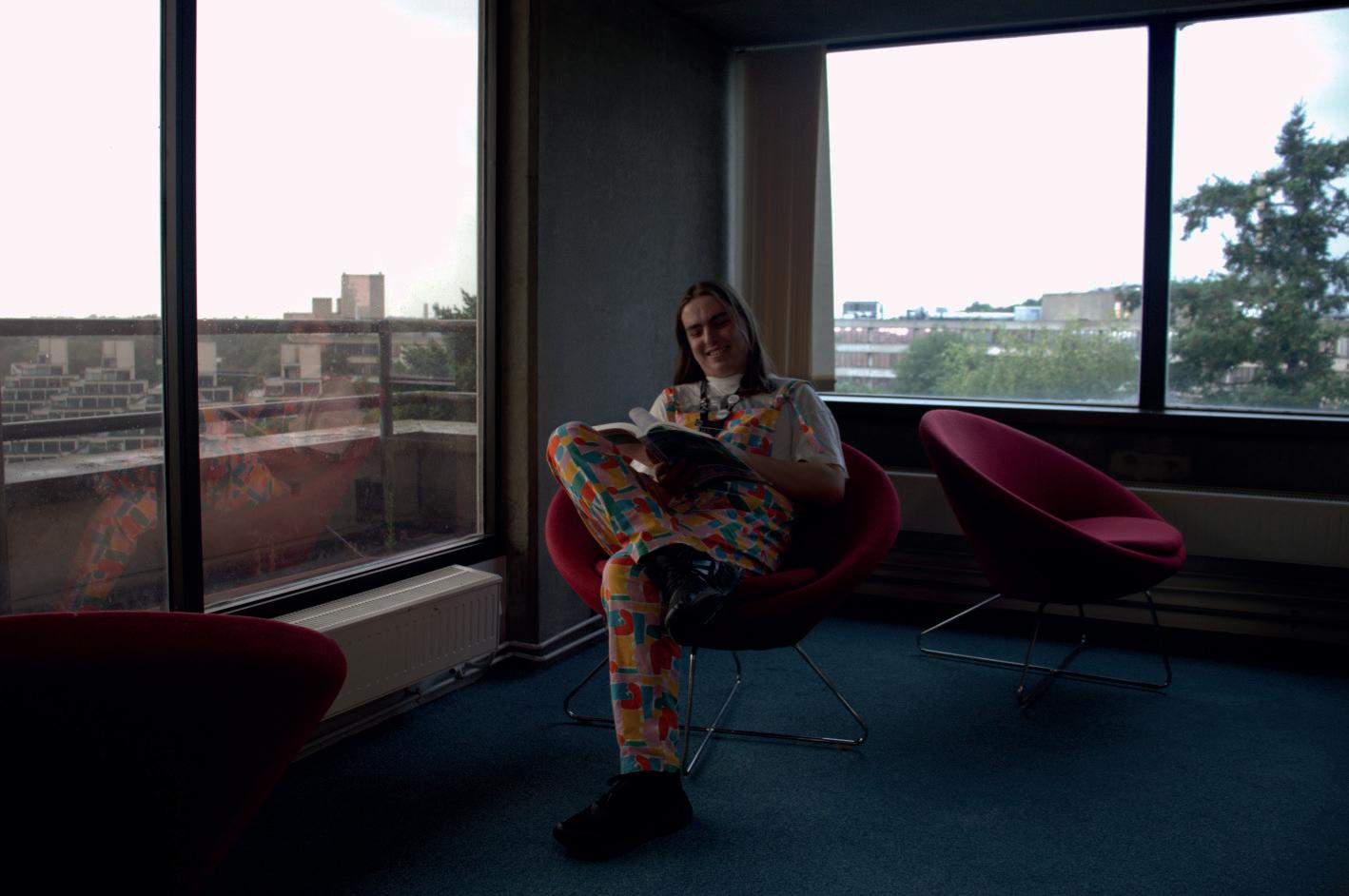
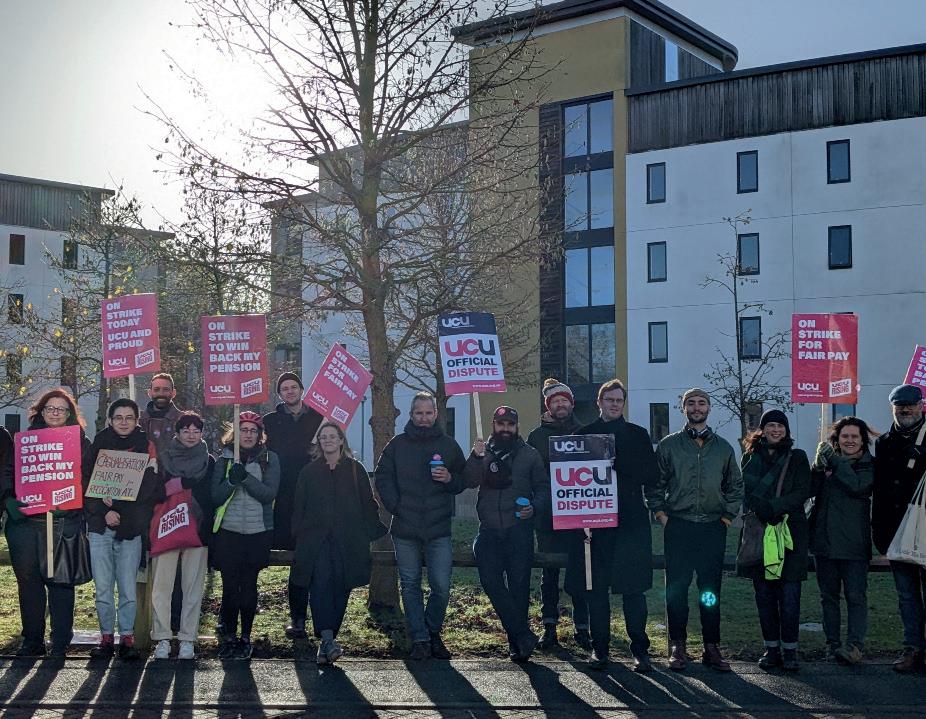
On criticisms from some students around not receiving their education, particularly considering tuition fees, Taylor said “you are entitled to the education that you are here for and you are in a contract with the university… Equally, in the conversation around tuition fees and strikes, you kind of lose the nuance a little bit. In effect, your tuition fees pay for absolutely everything, which includes the union, the library, the teaching spaces, everything else that goes on around campus, so actually it’s not as simple as this just pays for my lectures… People are right to be upset because they’re losing on what they’re here for, but equally I don’t think the tuition fee conversation is one that necessarily is going to get anywhere, because it pays for so much. If you look at the hourly rate of what your tuition fee pays for, it’s probably quite low, so a conversation around refunds, even if it was successful, isn’t actually going to be worth that much to you, and it would just go back to Student Finance England anyway.”
On the other end of the spectrum, some argued that students should not cross the picket lines, contrary to the SU’s advice to attend teaching sessions if students did not know they were cancelled. On their reasoning for this position, Taylor said that “when the picket line’s going on, it’s not about picketing students… because the picket line isn’t aimed at students, we don’t see there being an issue with students crossing it, and, importantly, neither does the UCU.” She emphasised that the SU’s advice was developed out of meetings with the UCU which have been ongoing for a number of months. She went on to clarify that “if students don’t want to [cross the picket line] that is absolutely up to them,” but that the advice was aimed at students who may not attend sessions because they were worried there might be strikes, “because that teaching might not be mitigated” if the session went ahead. She added that “it was more of a practical, less of an impact on your education thing than it was ab out a picket line, but equally the picket line isn’t there for students.” However, she did emphasise that “students can do what students like, and we’re here to support them either way.”
On potential further action in the new year, Taylor said that if there are more strikes the university is well prepared to mitigate educational impacts, but that “there is an element of uncertainty around a marking boycott, and if that goes ahead I think the entire secto r goes into uncharted territory... That’s where I’m personally more worried about the impact on students’ education, and importantly the progression and graduation elements.” She emphasised that while she feels that kind of impact is unlikely, as the university will work hard to prevent it, she doesn’t know enough about the plan to deal with it. She said that while there is a plan in place, she doesn’t know “whether anyone’s really sure what that’s going to look like.”
Taylor’s other major project recently, as you may have seen on her Instagram page, is the Teaching Excellence Framework (TEF), as part of which the SU are “representing student voices to the regulator.” The SU has run a survey and focus groups, as well as talking to various student representatives to gather the necessary data, which will then be used to compile a 10-page document, the ‘student submission,’ reflecting the findings. This will be submitted by 24 January, after having been scrutinized by the Student Officer Committee and Education Committee (comprised of school and faculty convenors). More broadly, she also said that some of the feedback the SU has received during this process will help to determine her areas of focus with the university going forwards.
Taylor has also recently been asking people for their views on the rollout of Multifactor Authentication, a process she has personally been involved in. She recognised the current outcry on social media, and also pointed to an issue at the last Union Council where the Chair was unable to log onto a computer due to a lack of phone service as evidence of issues. She also suggested academics share these frustrations. She reached out to the head of the project, and a meeting has been arranged for this week to discuss concerns. On the concerns, Taylor said ITCS “do need to iron it out… equally I understand that there is the security risk. There’s a better middle ground that I think ITCS need to find.”
Finally, when asked what big things she would be working on in 2023, Taylor said that, beyond the TEF and strikes, she wanted to look at assessments, figuring out with the university how to work that into the curriculum review, which would also be a significant project, as it should go out to student consultation early next year. If she gets time, she would also like to iron out some issues with the academic rep code of practice the SU has with the university.
“you are entitled to the education that you are here for... Equally in the conversation around tuition fees and strikes, you lose the nuance a little bit”Image: SU Comms. Image: Concrete / Jamie Bryson
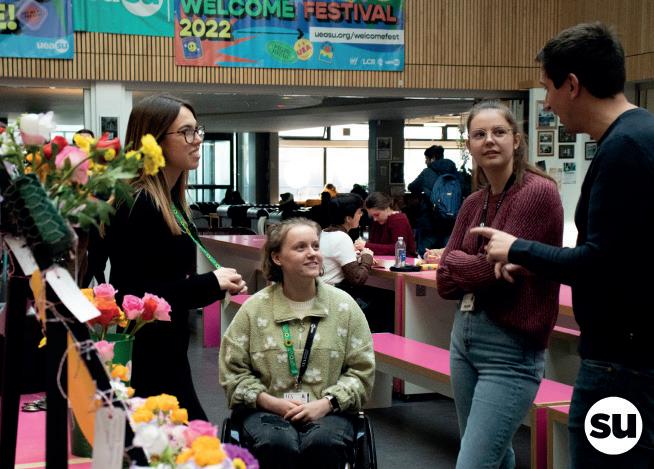



I also spoke to Georgia Hubbard, the Invisible Disabilities Officer. Georgia told me that her role covers, “learning impairments, any medical, mental health conditions that classify, or might not classify yet, as invisible disabilities.” When I asked her why it was important for there to be an officer specifically focussed on invisible disabilities, she highlighted that the fact some disabilities are invisible means they “might take a backseat slightly. If you see someone in a wheelchair you might open a door straight away… but with invisible disabilities that’s really hard to do.” She also pointed out those with invisible disabilities may find reaching out for help more difficult, but “if they tick the box on the form, there’s loads more support that opens up.” Given that, she highlighted the “practical and symbolic” purposes of her role, saying “it helps to give a platform to that quieter voice that is not always seen, but also it’s a representation that the SU has acknowledged that invisible disabilities are a thing, and they’re no less than visible disabilities.”
We then discussed the SU’s Disability History Month (16 November – 16 December) project, which Georgia described as “the biggest thing I’ve ever organised!” She said, “it’s been amazing so far… we’ve held events that are accessible and inclusive.” She rebutted the argument of some that liberation months like these prevent a focus on year-round support, suggesting “it serves as a symbol,” and having a liberation month totally focussed on what can be an underacknowledged group is “really important.” For Georgia, Disability History Month is about more than the month itself, as she said “we don’t want it to be a month where on 16 December the website changes over and everyone moves on with their lives… You give it a spotlight… so that afterwards people remember that it happened.”
She talked about the launch event, where participants were asked to write “what your disability looks like to you” on a tag to add to a large sunflower installation. To explain the importance of this, she said “you might have three people in front of you that all have ADHD [for example] and their lives might be polar opposites.” She suggested these differences could be “reassuring” but also had the potential to be “really confusing, because how can something have the same name but be presented in a hundred different ways?” She pointed out the importance of us all recognising how “the world looks different to different people,” as well as touching on the importance of reclaiming the sunflower symbol, which, according to Georgia, became “misconstrued” during the COVID-19 pandemic as it became “an anti-mask symbol,” when it is intended to represent those with invisible disabilities who may need adjustments. She also highlighted an art workshop called Brain Art, focussed on the idea that “not all brains look the same,” where everyone, including those who may face similar struggles to those with disabilities but don’t use that term, could attend an accessible event which used art to recognise the idea that everyone’s brains work differently.
Georgia was keen to convey the importance of Disability History Month to everyone, highlighting that “the whole month is not just aimed at disabled people.” She said this was “a massive misconception” she hoped could be overcome in the future as there’s a “missed opportunity” for everyone to get involved. She suggested that whilst “you’ll never know what it’s like to walk in someone else’s shoes, this month gives you an opportunity to quickly try them on and see what you can do.” She hoped increased awareness of disabilities would encourage people to think about how they can offer to make adjustments for others, something Georgia says “means more than people will know… We’re not asking people to do more work… it doesn’t need to be anything different, it can just be tweaked.” For example, she suggested clubs and societies could make small changes to help disabled people, like changing fonts on posters and holding events on the ground floors of buildings where possible, adding that “when you have your weekly or monthly meetings, give ten minutes of that meeting to disabled people, and think ‘what could we do differently?’”
We then moved on to discuss disabilities within the university more broadly. Georgia suggested the university is taking some positive steps, with the recognition of Disability History Month being “a good start,” and better than other universities which don’t celebrate it. Moreover, she highlighted that “their support system is massive here… the wellbeing team are amazing.” However, she suggested there are problems with accessing the support which is available, saying “there needs to be far better engagement,” which Georgia herself has seen during this month’s events. She also suggested people taking disability considerations as an afterthought means rooms and events are not always accessible, arguing that disabilities need to become “core structure. There’s disability training,” but this may not be sufficient for a lecture room full of students all with their own learning difficulties.
She also pointed to current issues around timetabling and access, which make university life, “which is hard enough as it is,” that bit harder. (I also asked Taylor about these issues, which she highlighted as mostly being around the distances between timetabled rooms being too far apart, and rooms not being accessible. She said this made her “very angry,” and that she had emailed senior figures in the university about the issues. She is now pushing for changes to be made to reasonable adjustments, to bring in accommodations like providing more time between teaching sessions, in the long term, although these cannot be made for next semester. As such, she is also trying to work on a temporary fix, but LTS are “massively underfunded and under resourced,” meaning they haven’t got enough people to sort out timetabling issues.)
More broadly, Georgia feels that “having all these events is brilliant, and having all that support is brilliant, but if no one feels that they can access it, what is the point?... The university needs to try harder at building that bridge and incorporating the disabled community better as a normal part of campus… At the moment there’s a disabled bit and a non-disabled bit and a neurodivergent bit, and it should all be the same… There’s a gap that needs to be blended.”
Finally, I asked Georgia where anyone who wants support with issues surrounding disabilities can go. She highlighted that alongside her, there is also a Physical Disabilities Officer (Annabelle Lambert) and an open place Disabilities Officer (Holly Summers), all three of whom can be approached with any questions from those who want to learn more. There is also further information about Disability History Month on the SU website. She again also pointed to the UEA Wellbeing Team, who can be accessed online and in the SIZ.
Ultimately Georgia had a hopeful outlook for the future, saying “if everybody took the attitude that everyone’s got their own story and they never know what’s going on behind that closed door, hopefully the world would be a better place.”
“if everybody took the attitude that everyone’s got their own story and they never know what’s going on behind that closed door, hopefully the world would be a better place”Image: SU Comms. Image: SU Comms.
Christmas! Declared by some as the ‘most wonderful time of
the year,’ a time to be with your family and relish in traditions. Every Christmas Eve, me and my dad go to Midnight Mass, we spend the whole time belting out every hymn before heading back to our little terraced house. But what if you’re not going home to these kind of traditions for Christmas?
There are many factors as to why someone may not be going home for Christmas, especially for university students. A lot of international students aren’t able to afford tickets home, other students are busy working over Christmas, and some may just not have a nice environment to go home to. Since I am lucky enough to go home for Christmas and spend time with loved ones, I wanted to talk to my friend Sarah about what it’s like not being able to return home for the holidays. Sarah is American but has spent the past six years travelling mostly around Europe, meaning her Christmases are
exceptionally lonely.
Sarah recalled the times she would travel up and down Ohio to see her family for the holidays, but now is left to her own devices at the time of year you shouldn’t be. She described feeling too guilty to allow herself to feel homesick because it was her choice to move abroad - as if moving away required an emotional numbness.
Last year, despite all of her efforts, Sarah’s plans to go home fell through. She felt homesick and a bit miserable, so she decided to call a friend in Korea. In fact, this same friend had spent Thanksgiving with her back in 2017. They both met whilst teaching in Normandy, and it was the first Thanksgiving Sarah was spending away from home. Having a friend like that really helped Sarah through her sadness, both in 2017 and last year. But a lot of people don’t have anyone else to turn to, especially at Christmas when students leave their universities like ghost towns, and perhaps the lone party don’t want to bother anyone sat round the dinner table with their family.
Saying that though, there are

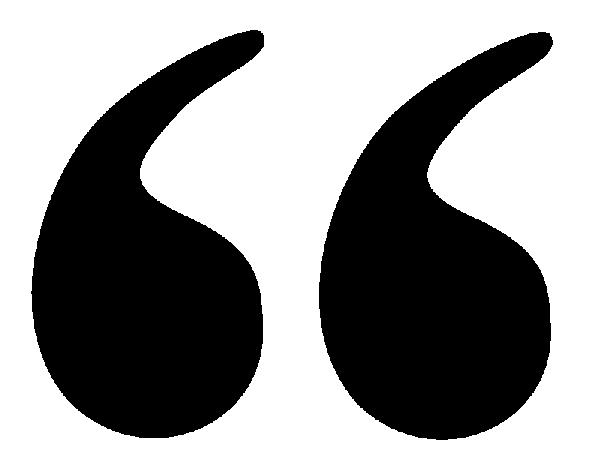
probably a lot more people than you think who won’t be with their family at Christmas, especially in the living crisis this country is currently in, but it also might be a conscious choice. You’ve heard of ‘Friendsgiving’ and quite a lot of the time, friends spend the Christmas together which can sometimes be for the better. I’m sure we’ve all had pointless bickering with family on Christmas, who’s sat on the TV remote, when to open presents etc. However, it’s important to recognise how privileged you
not driving home for Christmas, try and see the glass half full, spread some cheer and do things that will lift your Christmas spirit. Sarah’s advice to others like her is, “Allow yourself to feel it, to wallow, to be sad that you’re not with the people you love. Then, get over it. Do something that makes you feel good, even if it’s just good food.
And remember, to try not to be alone, when there are many others who will be just as alone as you.”
Remember to have sympathy for those spending Christmas away from home or alone, and not to make them feel worse by prying into their personal situation.

are when you’re with your family this year, and never take that loving environment for granted.
Listening to Sarah’s story, I was touched by the warmth in her words, despite her loneliness, she manages to find in the festive joy around her at this time of year. So, even if you’re
Last year, I was dumped on a Tuesday afternoon, by someone I had been with since I was 17. And it crippled my mental health and self-esteem. I wrote a features piece about being newly single in time for the holiday season. As I write this piece now, a follow-up if you will, some sinister church bells are ringing in the distance: a cruel joke from the love gods that time is ticking.
Since last year, I’ve embraced my inner Bridget Jones, and have made some self-improvements. I went through the post-breakup phase of self-reinvention, picking up the scissors impulsively, and cutting my hair a little too short, just because I needed a change. I quickly hopped on tinder, and then quickly hopped off again. I travelled to South America over the summer to ‘find myself’, and found a poncho, a cushion cover, and travelled back with heavier luggage.
But since last year, my mental health hasn’t been better. I
faced my greatest downfall in the spring: after convincing myself that I could have all the therapy and antidepressants in the world and I still wouldn’t want to wake up in the morning.
I realised that if I wasn’t going to make a dangerous mistake acting on those feelings, then I had to turn my life around. I was going to make the decisions I had always made, letting fear and anxiety take full controland then do the exact opposite.
For the first time in a long time, I’ve built strong, healthy friendships. I’ve had the courage to take opportunities I never thought I could. I’ve felt more in control of my life. Dare I say it, I’m starting to enjoy my own company. But evenings get lonely, I look at happy couples and can’t help but think that they’ve got their lives sorted. It’s the reality of life in your twenties, everything steadfast happening at once: anniversaries, engagements, and weddings.

And so, after a tumultuous year, I’ve returned to the winter mindgames of the “cuffing season”. The time of year when people
seek relationships just in time for Christmas, so that when they sit down at the dinner table, they’re not slotted between their cousins.
Now there’s a reason why, in an article on “cuffing season”, I’ve spent so much time talking about anything but “cuffing”. And that’s because, it’s just a season. And that’s so important to remember. Anyone who’s worried about being alone for Christmas, anxious about the self-esteem plummet New Year’s might bring, must first learn that they shouldn’t be in a relationship if their sole happiness depends on it.
Over the last year I’ve discovered that there really is value in learning to love yourself before you can learn to love someone else. It doesn’t mean you won’t have moments at night where your heart aches from loneliness. Or in the morning, whilst staring into the bathroom mirror, when you question whether your nose is the real reason nobody loves you. You could wait under the mistletoe all Christmas, but still learn that love works on its own schedule.
I used to think that self-love was a lie.
I didn’t believe that I could ever find happiness by myself.
But then I learnt that patience, gratitude, and finding comfort in your own company is where this truly begins. In the words of our best prime minister Hugh Grant, that is love actually. Let it snow, let it go, and stuff the cuffing season. Because you deserve a lifetime of happiness, and not just a moment.
“Allow yourself to feel it... to be sad that you’re not with the people you love.”
Deciding whether to maintain a friendship with an ex is a decision many of us have had to makeand it’s certainly a difficult one. Even if you don’t have an ex, you may have pondered over whether you’d stay friends with one after breaking up. You may or may not have your own values surrounding friendship post breakup and that’s okay, but I’m here to tell you that it’s alright not to know where you stand - every situation is different.
First of all, breakups are never
easy, but they happen. Perhaps it was a mutual decision, or one- sided, there are a plethora of reasons for breakups, it could be having different goals, a toxic ‘situationship’ ending or simply a lack of chemistry. But most of the time, exes don’t remain friends because it might be too painful for one or both parties. Even with a ‘situationship,’ although some
don’t class it as a valid relationship, it doesn’t take away from the pain you feel when it comes to an end. Regardless of the situation, you’re grieving the loss of someone. In 2022, there’s still a societal discourse that the only way to move forward is to leave everything behind; to suppress your true feelings. Sometimes this is for the best, as some factors can be detrimental to long term happiness. But also, for many, being friends with an ex can be awkward.
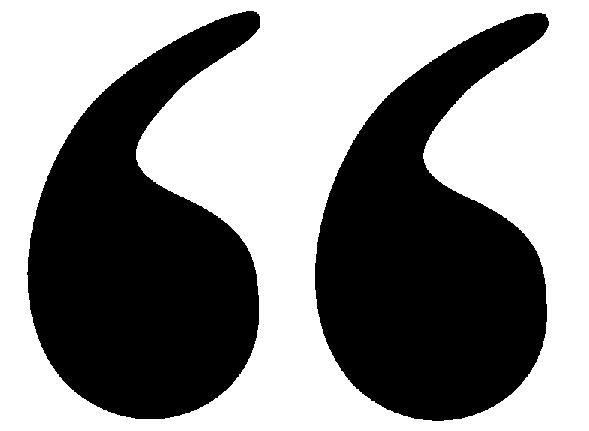

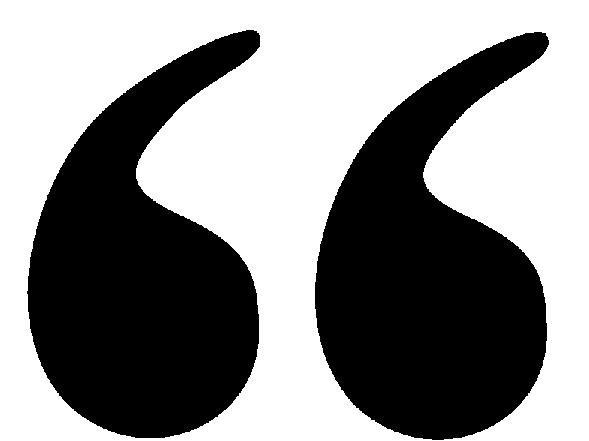
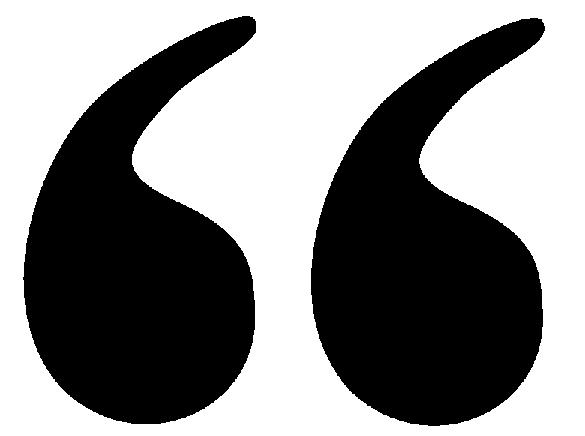
Where one person wants to get back together, the other might genuinely just want a friendship.
Emotions are something we cannot escape. Liking someone, no matter how well you really know them is,
to some degree, incontrollable. A lot of us are guilty of keeping an ex or a crush on social media so you can post as a means to lure them back to you and keep a close eye on them when they probably aren’t doing the same. However, in the media nowadays, we see celebrities go through awful, malicious breakups.
We are conditioned to assume that breakups are final. There’s always an assumption that celeb exes have a bitter hatred towards each other, the reality behind the tabloids is that just like the rest of us, cutting an ex off isn’t always how it should be. Maturity and respect for each other can present the idea of a possible friendship
moving forward, especially if it was a mutual decision. Rarely is there a narrative in the media of celeb exes staying friends, but more often than not, they do. I think depending on the situation, you can be friends and it’ll work out - maybe you even get back together down the line. It’s important to have some faith in these kind of life events, an ex was once a friend, ultimately you just need to ask yourself if it will bring you happiness. Will you want to see this person again? If yes, give them space and let them re-enter your orbit as a friend when you’re both ready. If their friendship will not add anything of value to your life, then focus on the friends you already have.
It was recently announced the sacrifices and efforts of
nuclear test veterans will now be recognised with a medal. For veterans and families alike, this is great news as previously to this there was little record of their service, it means now, finally, the government and MoD must admit their role in the deaths and life-altering conditions of these brave men, and their families.
My grandad, Rawdon Howe, served on Christmas Island in 1957 as part of this nuclear test effort. I never met him. He died of cancer in 1984, age 48, when my mum was just 15. We suspect this was a result of the chemicals and radiation he was exposed to, and injested.
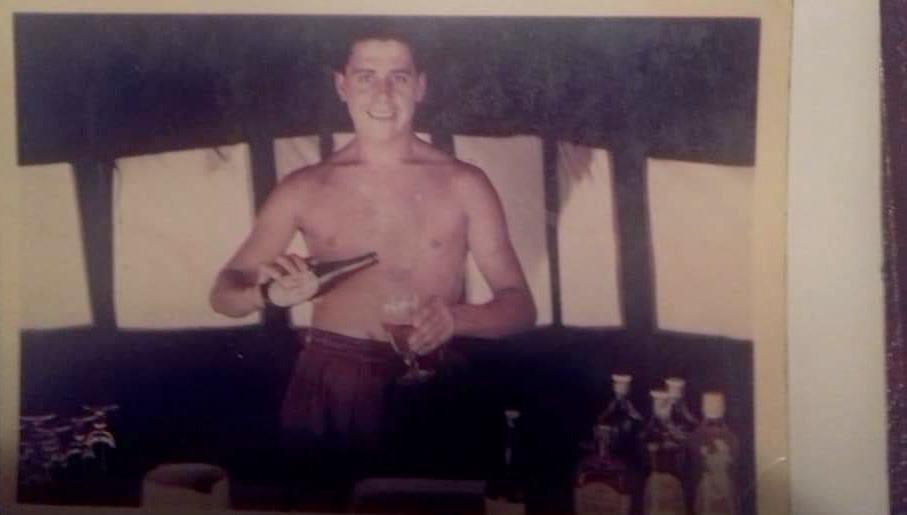
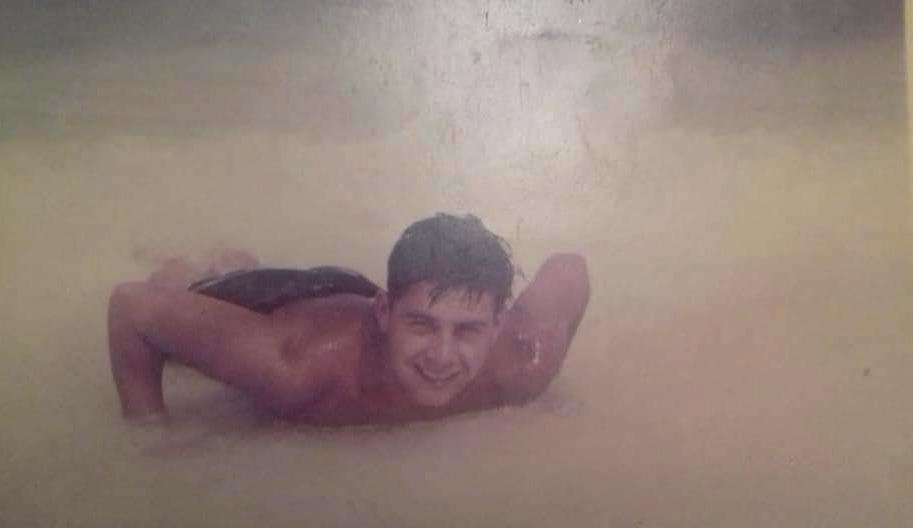
Christmas Island was a testing site for nuclear bombs. Veterans on the Island were in extremely close proximity to these bombs, and therefore the radiation which came after.
They swam in the waters around the Island (as you can see my grandfather doing) and ate the fish they found there too, which had been radiation contaminated.
I don’t know much about how he served, or what role he had on the island and I can’t find any records for his time there. Unfortunately, this is not uncommon; it is the unknown reality for many of these veteran’s family members due to the undocumented nature of their
service, and the lack of living relatives as a result. That doesn’t make it any easier to digest that he was such an influential figure to much of my family, and that he gave his life to me and future generations, yet I barely know more than his name.
It is scary to know he came home with this radiation in his body, that the children he had after his service have potentially suffered adverse affects from this negligence, that I may have certain conditions or increased likelihood of life altering diagnoses because my grandfather simply tried to serve his country.
There are a multitude of personal cases from families just like mine, detailing miscarriages and birth ‘defects’ in newborns upon the veteran’s return.
Studies supported by organisations like Labrats and Children of Atomic Veterans have found genetic impacts of the radiation even in the greatgrandchildren of these veterans, and other radio-active sites like Chernobyl, which are taken more seriously, clearly have widely known medical impacts. Do I then have to consider the impact of his service on the island in my decision to have children?
It seems unfair that others around me can tell amazing, heroic stories of their grandfathers and greatgrandfathers’ time in the war effort, and not have to consider further impacts on themselves or their families, yet I am left with nothing but worry and a few pictures of a man I never knew.
I am going to try to apply for the medal, to honour his sacrifice, and to honour the trauma my family has felt since. More than anything though, I would love to see his military records and to hear any stories that might exist of his time out there.
The next step is compensation for families; whilst honour is great, it is no consolation for the pain and medical uncertainty families have been put through.
“I can’t find any records for his time there. This is the unknown reality for many of these veteran’s family members.”
country.”

Throughout October, Kanye West posted a series of inflammatory and antisemitic tweets reaching an audience of millions on social media platforms and news outlets. On 8th October, West posted the following tweet:
“I’m a bit sleepy tonight but when I wake up I’m going death con 3 On JEWISH PEOPLE. The funny thing is I actually can’t be Anti Semitic because black people are actually Jew also You guys have toyed with me and tried to black ball anyone whoever opposes your agenda.”
It is presumed that West was referring to the military term ‘defcon’ – used to signal the severity of a national security threat. I believe It is rational to assume that West was referring to a war against Jewish people here. Further indications of war-related speech took place in a text conversation between West and rapper Diddy. West commented:
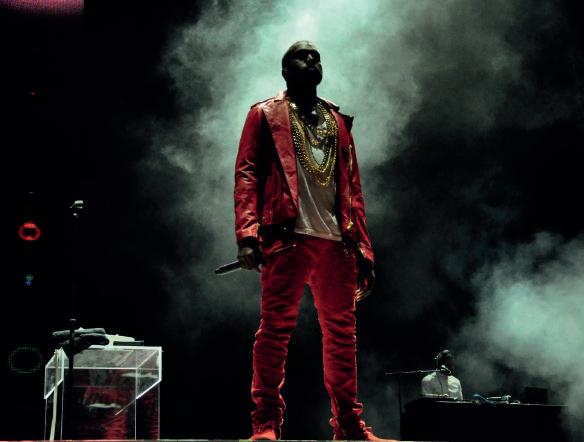
“I told you this means war. Ima use you as an example to show the Jewish people… that no one can threaten or influence me.”
Such quotes communicate a deeprooted and terrifying prejudice towards Jewish people that has gone unnoticed for decades. West similarly carried on this rhetoric in an unaired clip from an October interview where he argued:
“Planned Parenthood was made by Margaret Sanger, a known eugenics[sic], with the KKK to control the Jew population. When I say Jew, I mean the 12 lost tribes of Judah, the blood of Christ, who the people known as the race Black really are. This is who our people are.”
This antisemitic conspiracy theory that West believes in, stems from the Black Hebrew Israelite (BHI) movement. This group contains dozens of hate groups with a well-documented history of bigotry against whites and Jewish people, and their ideas of black supremacy. The movement derives many of its ideas from Frank Cherry and Williams Saunders Crowdy’s alleged ‘visions’ .
A central tenet of the BHI ideology is the belief that African Americans and West Africans are the direct descendants of the Biblical Israelites and therefore, are the true Jewish people – a nonsensical claim of which the group provides no evidence to substantiate.

Additionally, they regard the Mizrahi, Ashkenazi and Sephardic Jewish population of today as fraudulent Jews that are actively repressing Black people. These extremist and conspiratorial views mean the group are far more ideologically aligned with neo-Nazis than with the African Jewish communities
that BHI groups often appropriate in an effort to appear more legitimate. Such extremist views have contributed to a rise in hostility towards Jews in major American cities. BHI members often demonstrate, chant, and distribute pamphlets detailing the group’s antisemitic conspiracy theories in an effort to persuade African Americans to join their cause.
Additionally, the movement has roused violence against Jews with a tragic antisemitic attack in 2019 in which a police officer and three people were murdered at a kosher market in New Jersey by two men with ties to the BHI-movement.
had significantly breached NUS’s policies. Dallali has since had her presidency terminated – the first time in the organisation’s history. However, the most concerning part is how Dallali was able to be elected in the first place, with several documented instances of antisemitism predating her presidency.
Although Wiley and Lowkey are both hugely influential, it is necessary to realise the extent of West’s influence with him boasting 31 million followers across his social media – over double the size of the entire Jewish population. With such a huge young and impressionable following, these listeners have been exposed to conspiracy theories harbouring harmful antisemitic canards.
However, antisemitism within the music industry is far from new. What might come to mind first is Wiley, a British grime MC and rapper’s tirade on Twitter in 2020, where he managed to spew out almost every age-old conspiracy about Jewish people in a series of disgraceful antisemitic tweets shown to his then-halfa-million followers.
More recently, Wiley posted an appalling image of him dressed in Hasidic garb and a video titled, ‘the Jewish Faces that control Hiphop and Mainstream Black Music’. He commented that:
“If you work for a company owned by 2 Jewish men and you challenge the Jewish community in any way, of course you will get fired.”
However, the lack of urgency to ‘cancel’ celebrities over antisemitism was most prevalent with musician Lowkey. Lowkey is a British rapper who vocally supports David Miller – a former lecturer from Bristol University who was notorious for his antizionist views. Miller called the Jewish Society at Bristol University ‘political pawns [used] by a violent, racist foreign regime’.
Despite Lowkey’s multiple counts of antisemitism, he was shockingly asked to perform at NUS’s 100th birthday event. After outcries from Jewish students about the performance, the NUS president at the time, Shaima Dallali, advised that Jewish students could leave the room during his performance. This resulted in segregation – something Jewish people know of all too well.
This was not the first instance of antisemitism from Dallali as an independent investigation later revealed that her antisemitism
After his string of antisemitic tweets, West’s followers shockingly saw an increase of 180,925 followers, proving the mass number of supporters his comments have had. Proof of the impact these statements can have on communities is evident, as West’s comments have already triggered an alarming public display over a busy motorway in Los Angeles reading: ‘Kanye is right about the Jews’, with a group standing behind the banner raising their arms in a Nazi salute.
Though West has spoken out about his struggles with bipolar disorder, to use his mental illness as an excuse for his comments is simply unacceptable. It is necessary to realise that racism and antisemitism are not attributes of bipolar disorder. Eric Levitz describes it well in his New York Magazine article: “To attribute West’s hateful sentiments solely to his condition not only stigmatizes his fellow sufferers but also obscures the cultural wellsprings of antisemitism: If you place a paranoid, manic narcissist into a society bereft of antisemitic ideology, hatred of Jewish people will not magically emerge from their mood swings.”
With Jewish fans all over the world watching in shock as West revealed his true feelings towards them, the separation between ‘art’ and ‘artist’ has been growing ever more difficult. How can one be expected to dance happily in a club playing music written by someone who resents the very existence of myself and my family?
Antisemitism materialises when fuelled by the rhetoric of influencers and people in leadership, therefore West’s influence must not be underestimated. He, like other celebrities and popular influencers, must be held accountable for their antisemitic beliefs.
“It is necessary to realise that racism and a antisemitism are not attributes of bipolar disorder. ”


Like thousands of others, I was shocked and somewhat disgusted to learn that Tory MP Matt Hancock would be joining the I’m A Celebrity 2022 line up. Hancock, 44, is best known by the public for his role as the government’s health secretary during the pandemic. However, in June 2021, he resigned from this position after it was revealed that he was having an affair with his aide and breaking his own guidance rules. When so many of us followed his guidance to protect ourselves and our loved ones, we couldn’t help but feel disrespected and disappointed when Hancock was unable to do so himself. His appearance on I’m A Celebrity feels like a slap in the face for the public. The years 2020 and 2021 were
devastating for many of us. With the unexpected outbreak of COVID-19, people were left anxious and confused. In the UK alone, over 209,000 Covidrelated deaths have been recorded, leaving thousands of families grieving. I lost my
immune system. I had to shield for months, which negatively impacted my mental health.
I knew I wasn’t the only one feeling like this. So many of us were struggling; mentally and physically.
During the peak of the pandemic, Matt Hancock was often on our screens during the evening’s daily briefing.
parties. Hancock’s affair, Johnson’s parties, Dominic Cummings’ illegal Durham trip – all these people were leading our country, yet it felt like there was nobody we could trust. Due to the widespread controversy surrounding Matt
be dropped from the show by ITV. Can we blame the public for being angry? Not really. Why should we allow a politician who abused his power to gain celebrity status? He is not a celebrity, he is a politician, and a failed one at that.
great-grandma to Covid just after her 100th birthday in the early stages of the pandemic, making me realise just how severe this disease could be.
I myself was also at risk of becoming very ill with Covid-19 due to having a compromised
I would never go as far as to say I warmed to him, but compared to Boris Johnson’s nervous stuttering, he seemed more confident in his guidance, and many of the rules he put in place made sense. Whilst Johnson often gave the impression that he was living in a parallel world to the rest of us, Hancock came across as more grounded. As a result, it was incredibly damning when his affair scandal was revealed, and perhaps more surprising than Johnson’s lockdown
Hancock’s affair scandal, it was unsurprising when Ofcom received over 1,100 complaints concerning his involvement with I’m A Celebrity. Furthermore, a protest banner was flown over the Australian jungle, demanding Hancock to

Since his appearance on the show, I believe ITV have a lot to answer for in terms of their editing. In an earlier episode from the first week in the jungle, Hancock’s celebrity campmates confront him about his actions during the pandemic. Yet, within two minutes, they are all taking it in turns to hug him, describing him as “only human.” I’m sorry, but I don’t believe that a couple of apologies on an ITV reality show are going to cut it, Matt.
Gianni Infantino, President of FIFA, was fed up. Despite his repeated pleas for people to focus on the football, people just wouldn’t leave him and his beloved Qatar World Cup alone. And so, with his honour on the line, he puffed out his cheeks and delivered a speech that genuinely belongs on a second-rate satirical news website. I think the only option for the journalists in the room was laughter or silence, and for their own sakes, silence was probably the better option.
Infantino’s blustering oration was the first crack we have seen in the smooth, plastic facade of FIFA –the cumulative impact of countless
scandals and controversies finally boiling over. For a moment, Infantino lifted the shroud and gave us a glimpse of the pettiness and small-mindedness driving FIFA, the constant denials of a herd of elephants in the room crumbling beneath the weight of so much exasperation that so many were simply just not willing to get with the program.
I think Infantino is currently head-to-head with Theresa May when it comes to how many times you can reuse the old metaphor about shooting oneself in the foot, so I’ve modified it a little: FIFA hasn’t just shot themselves in the foot – they’ve doused someone else in petrol and set them on fire, insisting nothing is wrong.
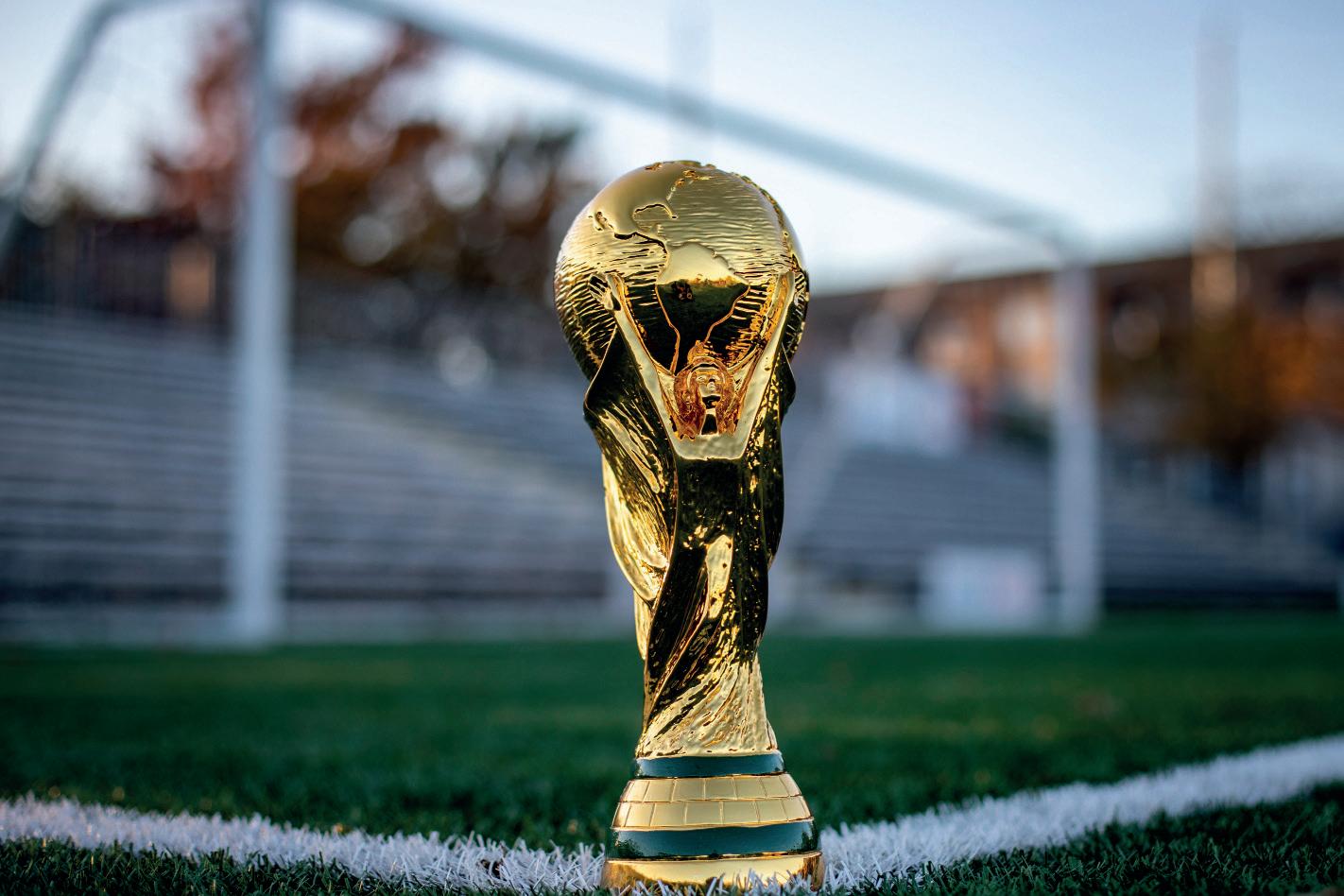
This also serves as a good visual illustration of what I call Infantino-
Land, a place where all of FIFA’s laughable rhetoric is somehow meant to be taken as fact.
For starters, one might suggest that the clear evidence provided by the Guardian and Amnesty International of hundreds, if not thousands, of deaths of migrant workers (as well as the awful pay and working conditions) might be acknowledged at the very least, and assuming FIFA hasn’t exhausted its quarterly budget on private jets and lawyer fees, some financial compensation might be in order. Not in Infantino-Land, where we see workers who are definitely not terrified for their safety giving painful interviews to Western media about how lovely Qatar is this time of year. Three is the magic number in Infantino-Land – that is, the
official number of migrant worker deaths according to state officials, if you ignore the hundreds, if not thousands more, according to the sources above.
Or what about the kerfuffle over the OneLove armbands? A small, yet significant symbolic gesture from the national teams who were willing to pay the usual fine and be damned. But in InfantinoLand, even a multicoloured strip of cloth somehow goes too far and is therefore punishable by threatening players, at the biggest tournament of their lives, with suspension.
It is fair to say those living outside Infantino-Land reacted somewhat negatively. According to the Athletic, Denmark is ready to discuss blanket withdrawal of UEFA nations from FIFA as
a result of this. Imagine the reaction if anyone turned up sporting rainbow laces. This isn’t even getting into the last-minute Qatari prohibition of alcohol in stadiums, the bizarre boasts of a ‘carbon neutral tournament’, or Infantino’s off-hand remark that Prince Bonesaw and the Saudis could host the 2030 World Cup. FIFA’s grip has never been firmer. The beautiful game has never been more profitable. It is attracting more sponsors and advertising deals than ever before. Countries are willing to spend billions to host the World Cup, as football’s global popularity soars. Infantino himself is set for an unopposed reelection as President. And yet, for all their power and prestige, FIFA’s grip is brittle, and plenty are tired of the chafing.
“His appearance on I’m A Celebrity feels like a slap in the face for the public.”
“He is not a celebrity, he is a politician, and a failed one at that.”Unsplash geograph. org.uk
When we think about the largest contributors to our current climate change crisis, our minds are immediately drawn to this: images of factories chugging out toxic gases, ever-burning coal and the lasting effects of mass industrialisation. However, in the age of mass social awareness, more attention is being brought toward those who fund key benefactors to pollution. Here at the University of East Anglia, you will find a hub of climate science intellectuals and groundbreaking research combating the very dangers our environment seems to be hurtling toward.
As recently as this November, researchers from the university took part in talks at the United Nations Climate Change Conference (COP27) in Egypt.
Meanwhile, in Norwich, an oncampus HSBC careers event was held and protested by student and staff members of a recently launched group, the UEA Biodiversity and Climate Action Network (UEA BCAN).
In a petition titled “Fossil Free Careers UEA”, the new independent network highlights a dichotomy between the image
of UEA as a leader of climate change research, and what they perceive as the University’s “endorsement” of companies linked to gas, oil and mining industries.
The online form draws an example from Birbeck, the University of London’s (UoL) recent decision to ban such companies from their careers service. However, UEA BCAN challenges UEA’s administration
on Climate Chaos: Fossil Fuel Finance Report 2022’. It is within the pages of this document where Barclays is shown to pour out an eye-watering figure of 19.583 billion US dollars in 2021, ranking number seven worldwide in terms of bank financing of the fossil fuel industry, with HSBC not far behind. Since the 2015 Paris Agreement, these banks have agreed to commit to net-zero initiatives and indeed, have increased their funding of renewable energy projects and “green” advertising.
ban all oil, gas and mining industries alongside the top 20 worst offenders from the Banking on Climate Chaos report from University events. Their final request includes the adoption of an Ethical Careers Policy, strictly excluding the previously mentioned companies from recruitment opportunities.
Wikimedia Commonsan institution heralded for initiatives such as an ecoanxiety support course for students, increased attention to UEA’s association with “nonclimate friendly” organisations by campaigners may force the school to follow Birbeck’s lead to prevent sending a contradictory message.
to go one step further by also fully deplatforming fossil fuel banking investors from recruitment events and services – including HSBC and Barclays.
A full breakdown of the amount of funds poured into the fossil fuel industry by global banks was published this year by a coalition of advocacy groups in a report titled, ‘Banking
Despite this, it is believed such financing dims in comparison to the billions simultaneously being loaned to industries for fossil fuel exploration. The direct funding of fossil fuel companies by banks committed to the Paris Accords is viewed as a direct disregard for guidelines set in place. UEA BCAN notes the International Energy Agency’s previous warning of a halt to investment in new fossil fuel supply projects being necessary for net-zero goals to be reached by 2050.
The East Anglia campaigners reference these points as reasoning for their demands to
Whether the aims of the group are possible or not, is a question that has already been answered by Birbeck, UoL’s careers service, at least in terms of addressing direct university links to fossil fuel and mining companies. The UEA Student Union’s Environment Officer, Sophie Ciurlik Rittenbaum, states, “giving these companies a platform in an institution renowned for climate research facilitates greenwashing and reputation laundering.” As
That being said, not everyone may be happy with the demands listed by UEA BCAN. There exist both industry professionals and students who view the exclusion of these organisations from University events and schemes as an exclusion of opportunities.
This rings true for those whose courses lead them to search for careers adjacent to or in the energy industry, such as energy engineering, environmental sciences and geology undergraduates. With a ban extended to banks like HSBC and Barclays, other course students such as business students may also be negatively impacted. As it stands, for this new group to gain the support it hopes to among the University of East Anglia’s community, addressing these concerns could prove to be crucial.
Let me tell you about Shen.
He is a 1400 kg tyrannosaurus rex who was ready to find a new home in an auction in Hong Kong on the 30 November. He is 16 ft tall and 43 ft long and is an adult male that lived 67 million years ago. So, he is quite the beautiful old man looking for a retirement home.
Shen was to be the first skeleton of its species to appear at auction in Asia.
The British auction house, Christie’s, plugged Shen as a “museum standard” and “a world-class specimen.”
However, Christie’s was forced to cancel Shen’s sale, worth between £15 and £20 million, just days before he was due to be auctioned.
They refused to explain why, but there are now concerns that Shen isn’t real.
A well-known palaeontologist raised concerns that parts of Shen look like another dinosaur – Stan.
Stan is a T-rex Christie’s auctioned off for a recordbreaking $31.8 million in 2020. He now lives in a natural history museum in the United Arab Emirates.
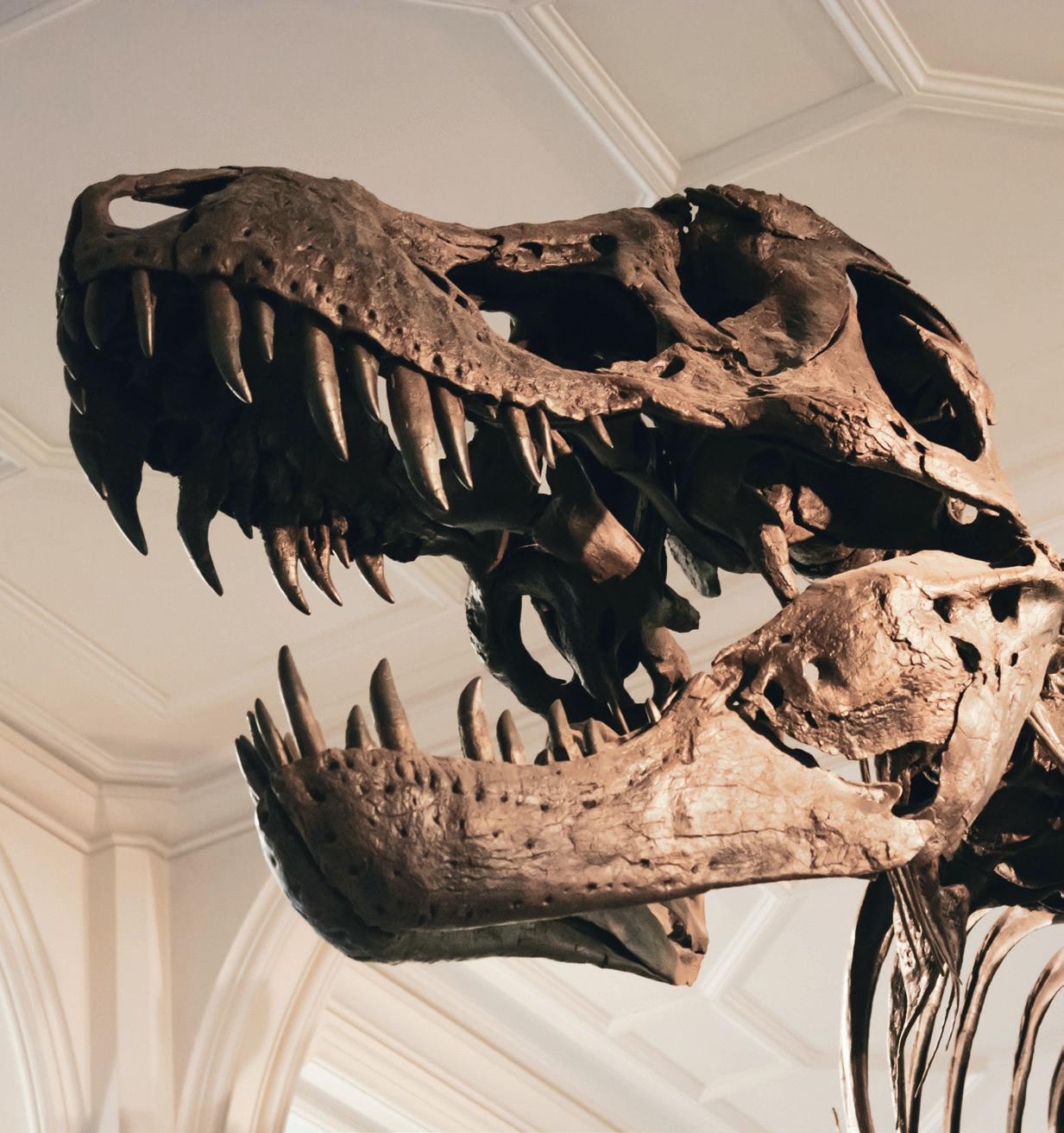
It is thought that casts of Stan’s bones were used to complete the skeleton of Shen.
It is very rare for a complete dinosaur skeleton to be found which is why the case of Shen is so suspicious. This is because Christie’s said that 80 of Shen’s bones were original but estimates say there are 380 bones in a T-rex!
Christie’s did not state that casts of Stan were used to complete Shen in the original listing, which some accused of
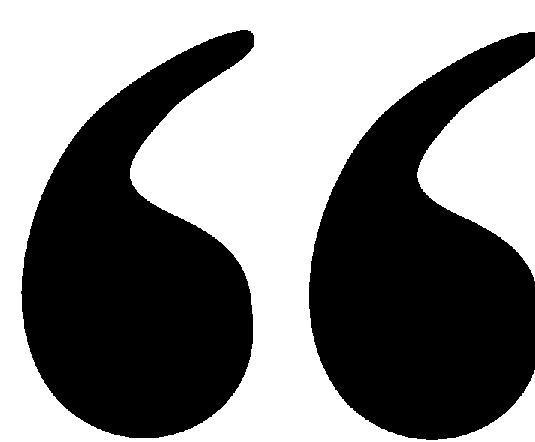

being ‘potentially misleading’ to prospective buyers.
Christie’s is still refusing to comment on these claims and remains silent on the issue, while Shen is now happy and on loan to a museum for public display and further research.
“fully deplatforming fossil fuel banking investors from recruitment events”Image: Unsplash
“not everyone may be happy with the demands listed by UEA BCAN.”
Psychedelics have long been seen as niche, dangerous and harmful drugs often espoused by alternative, newwave gurus who seek to enlighten their chakras. But, in a clinical sense, psychedelics may hold the key to treating various mental health disorders where currently available treatments fail.
Recently, patients were treated with a low dose of psilocybin (the active compound found in magic mushrooms or Psilocybe cubensis as it is also known). Alongside this small dose, patients were assisted with talking therapy to understand the causes and solutions of their depression. This was particularly effective for those suffering from treatment-resistant depression (depression for which two courses of antidepressants have been tried but lead to no improvements). Around half of those impacted by treatmentresistant depression are unable to perform basic household tasks due to their condition. Prof Guy Goodwin, who helped to lead the trial, characterised the results obtained as “exceptional”. Up to thirty percent of participants experienced remission of symptoms after 3 weeks. This is deemed to be an incredibly satisfactory outcome for a trial of its kind.
Psychedelic therapy is nothing new. Since ancient times man has consumed various cacti, fungi, and seeds hoping to experience some type
of spiritual breakthrough. Most of these experiences are tied up in cultural rites, with shamans and medicine men employed as spiritual gurus. Whilst many cultures have experience with various psychedelics most of it hasn’t been studied in a controlled clinical setting and focuses on cultural or religious implications.
the rigour and control of modern science. For a short while, it seemed that hallucinogens, in controlled doses, could provide an opportunity to take a different route to solve a variety of psychological and behavioural issues.
As the 70s rolled around and with psilocybin having left the lab and found an audience with hippies, moral panic had set in. The authorities worried that the public would “turn on, tune in, drop out”, and a raft of legislation was placed to restrict access both academically and recreationally to these substances. Now some 50 or so years later, we are in the midst of a psychedelic renaissance.
healthcare companies in the UK, and there is a worry that these treatments will be left only to those who can afford them. Psychedelic therapy may end up being for the elites only.
Dr. James Rucker, a researcher in the area of psychedelic therapy, declares there has been a “legal stranglehold” on the drugs for years. There is a distinct lack of public funding for the use of these drugs in clinical trials, which may be key for unlocking their further potential.
suicidal thoughts or partaking in selfharm. Professor Nutt hopes that a larger phase three trial will be able to provide more results and insight into how psilocybin-assisted therapy can be used.
Spurred on by Albert Hoffman’s synthesis of LSD in 1938, hallucinogens began to be studied en masse in the twentieth century. Trials of psychedelics were operated throughout the 50s and 60s, trying to find applications to a variety of cases. Alcoholics, schizophrenics, autistic children, depressives, terminal cancer patients, and even criminals were all the focus of various studies with these drugs. Timothy Leary, an academic at Harvard, even experimented on divinity students in the so-called “Good Friday Experiment”. This lead to one student having to be restrained as he attempted to flee the trial to announce the return of the Messiah. Many results with hallucinogens were largely positive in terms of improving mood and mental disorders. But the experiments were poorly performed and lacked
The path forward for psychedelic research may contain some roadblocks. Government controls on these substances are still rather draconian. Psilocybin is classified as a “schedule 1” drug in the UK, meaning it is said to have no medicinal benefit and is illegal. This is increasingly untrue as more research is published, and means that trials using it need to obtain a Home Office licence to operate. The process of obtaining one can be expensive and represents a blockade for some types of research. Professor David Nutt, a former government health advisor, is quoted as saying “Patients are being denied access because of the regulations”. Nutt was dismissed from his post by then Home Secretary Alan Johnson in 2009 after arguing for the relaxation of legislation on psychedelics, but he continues to be well respected in the field of psychiatry. Most psychedelic research is being funded now by wealthy philanthropists or private
It’s important to note that psychedelics might not be the miracle drugs for treating depression and other mental health disorders that some claim.
Most of these trials have little time for the talk of “spiritual enlightenment” that many after a psychedelic trip talk of, they’re purely designed for a medicinal purpose. A study led by Imperial University noted that connectivity in the brain increased after small doses of psilocybin when tracked by fMRI scans. This increased connectivity in patients’ neurons was associated with remission from severe forms of depression in the study. This was significant as the brain connectivity wasn’t increased with conventional antidepressants, suggesting psychedelics were working in a different mechanism. Elucidation of this could provide even more information as to why psychedelics could provide the breakthrough needed in some forms of mental health treatment.
There is still meticulous research to be done on these substances. It is also worth noting that most of these studies are looking at the applications of low doses of psilocybin, between 1 mg to 10 mg, and accompanied by therapy to understand the root of the patient’s issues. This is in contrast with what some recreational users would consider in terms of dose sizes. Some side effects reported in the trial included headaches and nausea with some experiencing
Psychedelic research is now a far cry from hippies in fields supporting “vegetable rights and peace”, it could genuinely provide answers for those suffering from resistant forms of depression and other mental disorders. Psychedelics at first will be seen as disruptive and taboo amongst the general population but it’s hoped within time they may provide a viable alternative in helping people to understand and treat their mental health.
At last year’s COP26, UN countries formed the Glasgow Climate Pact as they pledged to reduce their carbon emissions to combat climate change. Now a year on from the negotiations in Scotland, COP27 has taken place. But what, if anything, has changed in the last year and what can we expect to see from policies enacted at COP27?
How will world leaders act on climate change initiatives, and will this lead to meaningful change for the planet?
The COPs unite political leaders and environmental experts to discuss the best way forward for our population and the planet we call home. Climate change is a crisis that affects us all and experts
are doing their best to tackle its impact. I spoke to Asher Minns, the Executive Director of the Tyndall Centre for Climate Change Research, who explained how the promises made at COP26 relate to COP27.
Mr Minns was kind enough to give me a rundown on how climate change really works, a summary which he depicts as “the global carbon budget [being] out of balance”. Where carbon is coming in at the same rate it is going out of our atmosphere, Minns explains how the rate of carbon influx is far too much compared to the outrate. This leads to increased levels of carbon in our atmosphere, a driver of climate change in the atmosphere.
He states how this is due to the
many sources of carbon dioxide being produced: burning fossil fuels, deforestation, and habitat destruction. The best way to stop it, he notes, is to “stop sending carbon dioxide into the atmosphere, what we need to do as a species is rebalance that budget.”
I asked about the COP27 conference, and the plans laid out from COP26. We discussed the Glasgow Climate Pact, one of the main developments from last year, that reaffirmed the previous Paris Agreement.
Introduced in 2015, the Paris Agreement set out to keep the global temperature increase to a maximum of 1.5 degrees centigrade, low enough to reduce the impact to our environment. It “was about agreeing the technical
rules for Paris, […] but note that this was [established] in 2009, so it took six years to even agree to that,” Minns said.


Nationally, the UK has progressed with plans. The government’s Net Zero strategy will steer away from coal fuelled power generation, and all-electric cars will reduce our emissions to a net zero as petrol and diesel cars are banned from being sold in 2030 onwards.
Amid COP27, the promise of progress prospers. We can begin to see the development of COP26 plans for climate action and sustainable environmental strategies. Though it may be small, it is still a development in producing a cleaner, greener society. It is the hope of a brighter future for our generation and the generations to follow.

“legal stranglehold on the drugs for years”
“Psychedelic therapy is nothing new.”
I still remember my first experience of culture shock. It was at the selfcheckout counter at a Sainsbury’s in Newcastle in September 2018. As I stood there not knowing how selfcheckouts worked, I looked around and asked myself what I was doing in a country thousands of miles away from my hometown, trying to start a degree that nobody in my extended family had done with absolutely no idea how secure my future was going to be.
It was not the first time I had moved cities. I had lived in different places throughout my 23 years prior to Newcastle. I come from a city called Chennai in southern India and have
spent significant time living in Mumbai, Bangalore, and Nairobi, Kenya at various points throughout that time. Being from urban India and moving to the UK is a uniquely jarring experience at times. Chennai – and for that matter Mumbai and Bangalore as well – is crowded, noisy, vibrant, traditional, modern, cosmopolitan, and much more. It is a melange of eras, something that is reflective of a larger country that is finding its identity everyday and yet fearful of losing it at the same time. Being in an Indian city, no matter which one, felt like being at home – the people, the roads, the smells, and life in general felt familiar.
Being thrust into Northeast England to do my doctorate was like being dunked in a bucket of cold water. Newcastle, as vibrant as it was, felt unfamiliar in the
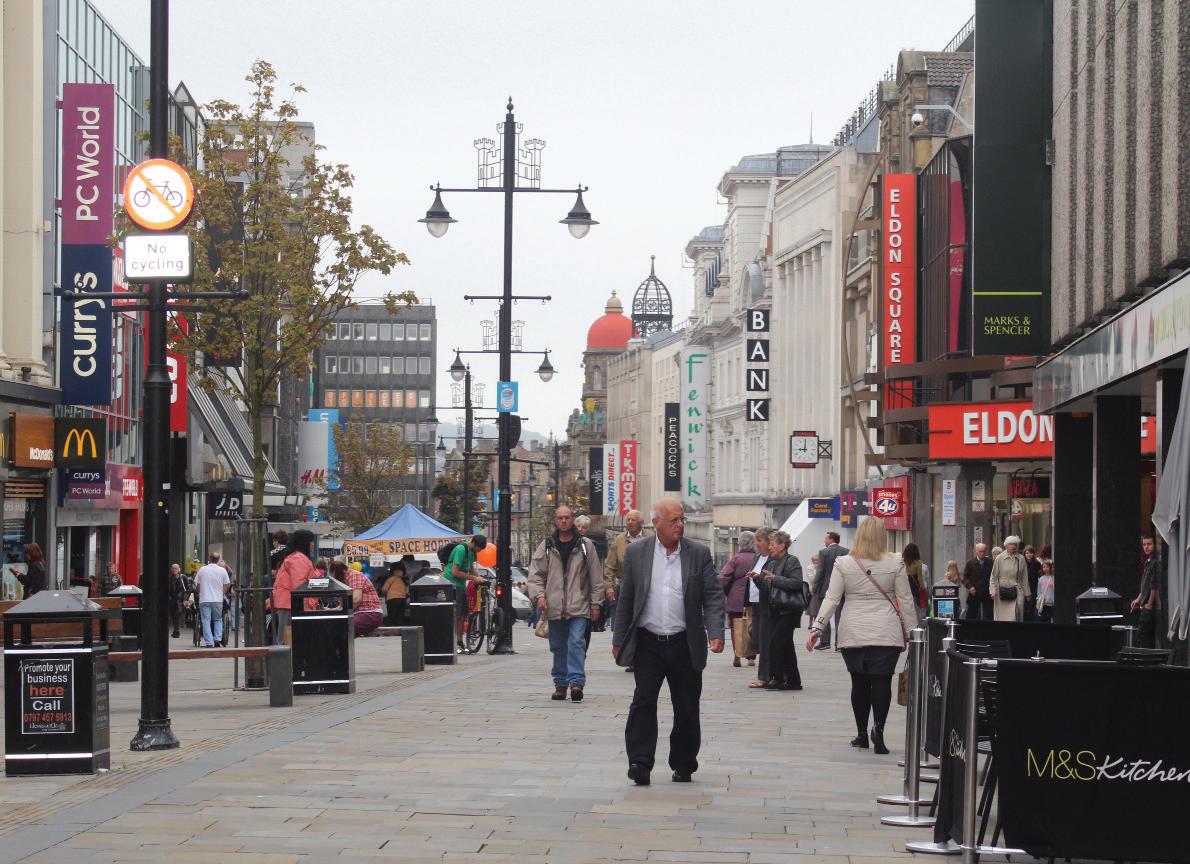
early days. It was cold (the worst winter I ever had in Chennai was 22 degrees) and everyone at university seemed to know one another even before they arrived. I considered myself relatively fluent in English and yet somehow felt incapable of holding a conversation because I was reticent and tonguetied. I was told to join societies to make friends but what I was not told were the inner workings of the societies and the sometimes-cliquey nature of them. I joined the wrong ones at Newcastle University and felt even more out of place and without friends than I did before. The pandemic didn’t help either – only exacerbating any feelings of homesickness I had. So, at the end of my first year, I was in a strange place,
I ingratiated myself more into the scientific community there (for context, I do a science degree) – something I regret not doing earlier and I managed to find more people who were in similar situations as me and who also wanted to adjust to life in Britain.
with no real friends and somehow facing a language barrier even though I supposedly spoke and understood English.
But over time, I adjusted to life in Britain (to a point where Buzzfeed now tells me I am 62% British). Joining a sports society in Newcastle that was welcoming and inclusive and gave me one of my best friends to date made a huge difference (shoutout to Newcastle Pies Ultimate Frisbee).
By the time I got the offer for a second doctorate at UEA, I knew what I was getting into. The change from India to Newcastle was big and daunting and as much as I felt prepared for it, it was a curveball I did not deal well with. On the other hand, it was a learning experience. The shift from Newcastle to Norwich felt natural to me both from an academic and a non-academic point of view. I knew the mistakes I had made and I was determined not to repeat them. I found yet another welcoming Ultimate Frisbee club (shoutout Aye Aye Ultimate). I started getting more involved right from the beginning with my lab group and within my Doctoral
Training Programme (DTP) and found some of the best people within them. It was a much smoother transition than I thought it would be and I have yet to hit any real snags.. I am sure there will be something at some point – I just think I am much better prepared to deal with it than I was four years ago.
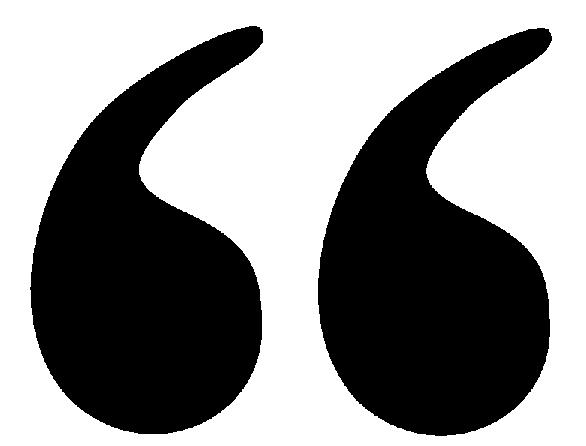
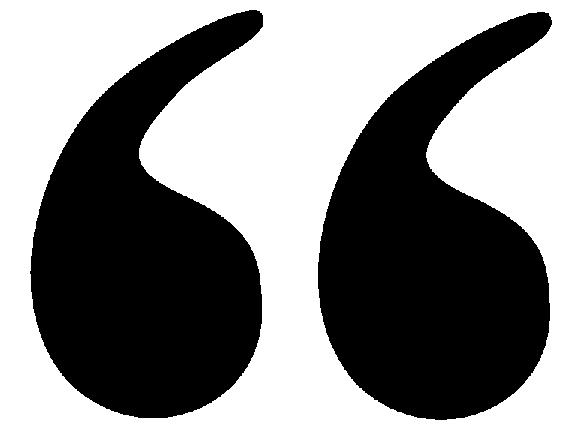
Culture shock is a strange thing. It can be incredibly debilitating for a person to be transplanted from a life they’ve known all along to a completely new one. And yet, somehow, it feels like an important learning experience. If I could go back to 2018 and tell myself one thing, I would probably say that I shouldn’t hide in my shell so much –that if I go out there and get involved in everything a bit more, I would find the transition a lot easier because most people are willing to help you – as somebody did on that day with the selfcheckout at Sainsbury’s.
In 2016, I went on my first backpacking trip in Europe. Being 16, I’m surprised my parents let me go, but not-sostrict promises of chaperoning by my Australian cousin convinced them that I’d be alright. We went to the Basque country - a green, vibrant and diverse region of southwestern France and northern Spain, with culture in the form of Bilbao’s Guggenheim and exceptional cuisine in Spain’s foodie city, San Sebastian.
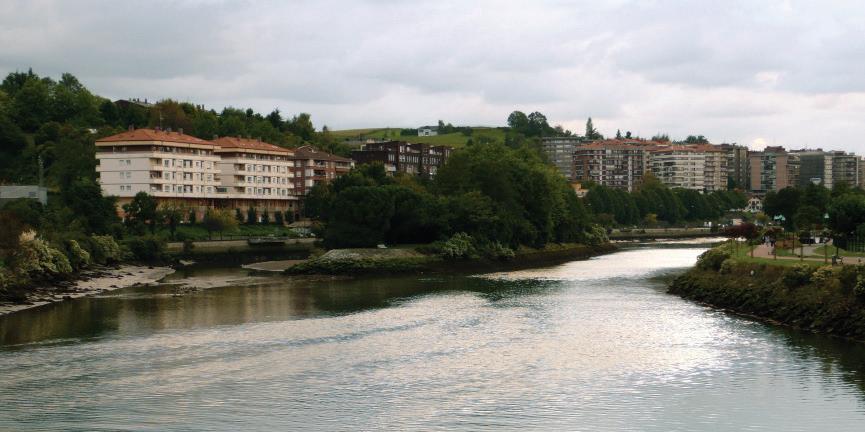
The Basque region is also home to one of Europe’s strangest borders - Pheasant Island - which changes countries twice a year. With a population of zero, the island is sandwiched in the middle of the Bidassoa river between the French town of Hendaye and Spanish Irun, neither of which were particularly inspiring from my memory. Pheasant Island however, is globally significant for the way it’s divided between the countries. Instead of splitting it down the middle, or assuming shared possession, like in the case of Lake Konstanz, the French and
Spanish governments own the island for six months of the year each.
On 31st January every year, the Island becomes Spanish, and as the clock strikes midnight on the 31st July, Pheasant Island switches to be part of France. You’re probably thinking about the impact on the local pheasants, but don’t worry - there aren’t any of those, with the name having likely come from a historical misunderstanding.
birthday which would then form the newest highest point in the country, but this is yet to happen due to Norwegian government resistance.
However, the European Union means that none of these - least not Pheasant Island - are causing bureaucratic headaches, as free movement and international cooperation has
reduced these peculiarities to tourist attractions and funny stories. Spare a thought then for the people of India and Bangladesh, whose complex borders lead to life-changing implications, or those living in Bir Tawil, who were rendered stateless by the Egyptian and Sudanese governments before being forced to leave.
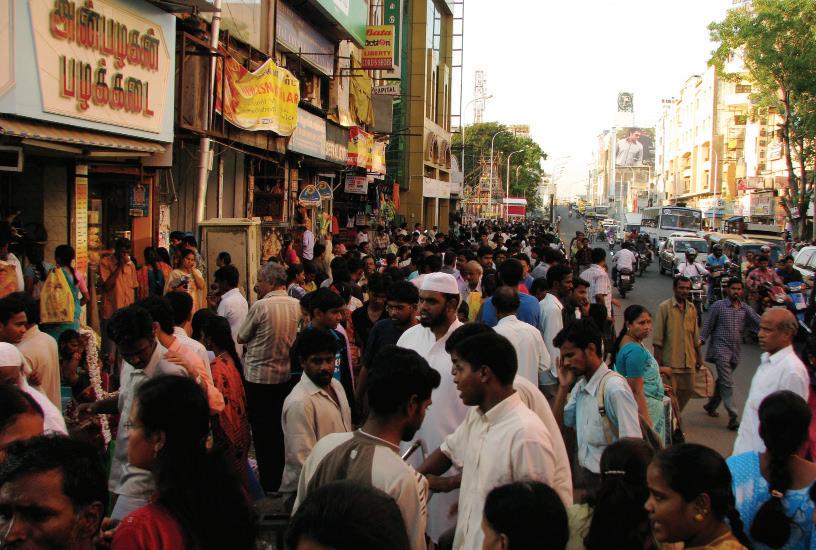
I’d love to go back to the Basque country, not only for its beauty but to see this fascinating geopolitical oddity. It’s a shame that access to Pheasant Island is forbidden to anyone - although it might be for the best considering how complicated international border disputes are for those caught up in them.
Europe has a few of these border quirks, such as Dutch town Baarle being interspersed with Belgian enclaves, some of which go through people’s houses, and even their front doors. Norway attempted to give a mountain to Finland for its
"It can be incredibly debilitating for a person to be transplanted from a life they’ve known all along to a completely new one"
'Free movement and international cooperation has reduced these peculiarities to tourist attractions and funny stories"Photo: Wikimedia Commons Photo: Wikimedia Commons Jacob Photo: Wikimedia Commons
It was hot on the bus in the Serbian summer heat. There weren’t any seat belts. It was going to be a long drive to Fužine, Croatia. We were leaving Belgrade at 10pm.
Some of the students said that we might have a long wait at the border, as relations between Serbia and Croatia were strained.
I closed my eyes and settled down for the journey ahead.
In 2017 I volunteered for two weeks with Evandeosko Udruženje Studenata (Evangelical Association of Students), a Christian organisation based in Serbia. I was 19 years old. As part of the program, we would spend one week in Croatia in the mountain village of Fužine with the students and teach English, and our time would be bookended in Belgrade and Novi Sad.
I knew nothing of the conflict between Serbia and Croatia before I left the UK, so was surprised by the students’ warning.
Yugoslavia was a country in Europe that consisted of the countries we now know independently as Slovenia, Croatia, Boznia and Herzegovina, Montenegro, Macedonia, and Serbia.
It was formed in 1918 but, according to WonderWhy (YouTube), there
were always tensions between the six republics.
Croatia increasingly wanted more autonomy and announced its independence on June 5th, 1991. This was met with hostility from Serbia and especially the Serbians living in Croatia; they were in the minority but clustered in large communities. The Serbian-run Yugoslav People’s Army (JNA) and local Serbian forces tried to occupy the entire country, but the campaign failed and, in 1992, the JNA ceased its operations in Croatia.
As the bus slowed to a halt in the queue at the border in the early hours of the morning, the students started waking up from their reveries and reached into their bags to check for their passports.
We sat on the coach at the border, dozing in the still-sticky heat of the small hours. At one point, we all had to get off the coach so that it could be searched. We watched the guards go through the luggage, search under the seats, check everyone’s passports.
There was little choice but to get the bus across the border. 30 years on from the conflict, there is only one daily train running between Zagreb, the capital of Croatia, and Belgrade, Serbia, which takes 8 hours. The drive can take around 5 and a half hours, but the expected wait time at the border is due to increase. European Travel and Information Authorisation System (ETIAS) explains that Croatia has announced that valid Serbian and Bosnian (as well as UK) passports are no longer enough to cross the border, and passengers will need to apply for travel authorisation from May 2023.
I spoke to the director of EUS recently, Samuil Petrovski. He was emphatic that Serbians “love Croatians” but explained that it was still difficult for the Serbians who had made a home in Croatia.
The sun started to rise as we reboarded the bus and started travelling further into the luscious Croatian countryside. The students were silently sleeping. Fužine is near the far-Northern coast and so the journey through the countryside was long, but beautiful. Both countries are.
Croatia continued fighting the rest of Yugoslavia and paid heavily for their success in 1995. The 2003 Europe Review estimates that the cost of damage to infrastructure would cost approximately US$37 billion. A BBC article notes that over 20,000 people had died in the conflict.
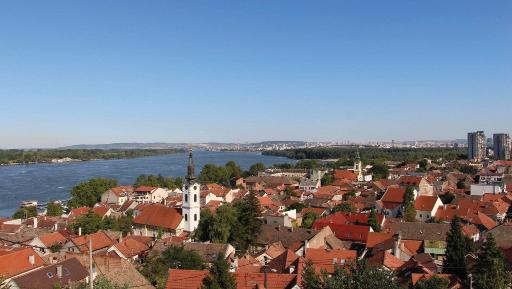
Resultant lawsuits were filed by each country against the other in the wake of the war, with court cases still ongoing in 2015.
On my first day visiting Ollantaytambo, I bought a hat. A spontaneous South American token, from a small Andean town in the Sacred Valley of Peru. We strolled through the town square, down a sunny cobbled road, while a clear blue sky hung overhead. A path that stretched out along dry farmlands rolled down to the school grounds where for the next two weeks we would be volunteerteaching. Surrounded by mountains and snow caps in the distance, we walked through blue school gates into a playground full of children.

They squealed with glee at the sight of strangers and skipped towards us to get us to play. They hugged our legs and clung to our arms even though they didn’t yet know our names. Classroom by classroom we introduced ourselves, making our best attempt at public speaking in Spanish. But the small faces would peer up at us, confused smiles and quiet giggles, questioning what on earth we were saying. In the playground, we learnt to communicate in different
ways, with skipping ropes, nursery rhymes, and ball games.
Walking out the school gates at the end of the day, I noticed Magdiel’s shoes. She had gone home between school and our afterschool session, changing into her best dress, just for us. As we walked along the cobbled path her white heels click
clacked on the stones. I took her schoolbooks and pencil case and tucked them under my arm, holding her hand as we slowly strolled.
The last day we visited the school it was sports day. Children ran
around in their sport kits, cheering and competing, and there were so many goodbyes we didn’t get to say. Hugging Magdiel, I popped my hat on her head, and realised this is where it should stay.
One day we were assisting with an after-school club and sat with the children to help them with their writing. I perched next to a little girl, who sat at the front of the class, pink hairbands holding her dark hair back in bunches. While the teacher scrawled Spanish on the white board, the children followed and copied. We were tasked to help them create their own sentences. I turned towards the girl sitting beside me, to discover her name was Magdiel, and we started writing away. Lily es bonita y Magdiel es bonita.
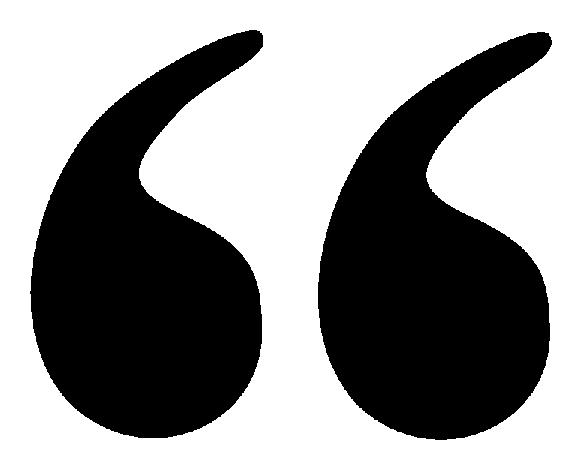

"We watched the guards go through the luggage, search under the seats, check everyone’s passports"
"We learnt to communicate in different ways, with skipping ropes, nursery rhymes, and ball games"
Emily Goodwin Travel and Lifestyle Senior Writer
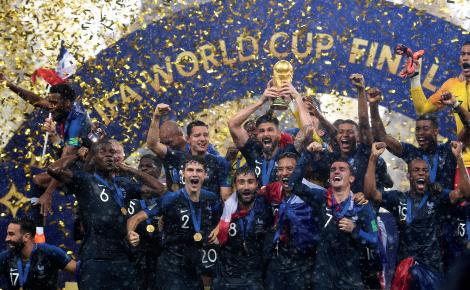
coloured training shirts.
In response to FIFA’s ban on the armband, the German team protested before their game against Japan by covering their mouths in
threatening federations and players for attempting to promote a symbolic message of unity, togetherness, and inclusion, it goes against all the principles and values that FIFA stands for.
The current issues
Those were the words of the German Football Federation (DFB) reacting to FIFA’s threats of unlimited sanctions if the OneLove armband was to be worn during the World Cup. Just hours before England were due to play Iran, FIFA announced that any player wearing the OneLove armband would receive disciplinary actions and a yellow card. Captains of England, Germany, Wales, Belgium, Netherlands, Denmark, and Switzerland had planned to wear the OneLove armband. They had even informed FIFA back in September that they would do so but received no response.


The OneLove armband was designed to raise awareness of LGBTQ+ discrimination in Qatar, same-sex relationships, and the promotion of same-sex relationships being criminalised.
FIFA state that the OneLove armband violates their rule that equipment must not have any political, religious or personal slogans, statements or images. However, the nation’s governing bodies participating in the protest believe that the OneLove armband was explicitly depoliticised to correlate with the rule. Not stopping there, FIFA ordered Belgium to remove the word “love” from their away shirt and stopped players from wearing the rainbow-
their team photo. They wanted to convey the message that FIFA was silencing teams. Taking to Twitter, the DFB said that “it was not about making a political statement; human rights are non-negotiable. That should be taken for granted, but it still is not the case. That is why this message is so important to us.”
FIFA’s dealings with the armband and other protests have meant that they have sent out a very hypocritical message. By
What has frustrated people the most is that even the most diluted attempt to show that football should be an inclusive, welcoming sport was rejected. The failure to stand against the discrimination facing the LGBTQ+ community in places like Qatar means that those struggling and needing global support cannot get that. The World Cup was supposed to be their platform as a voice, to highlight the freedoms they are fighting for. At times like these, the players can feel powerless as they feel that
nothing will change whatever they do. That is why the Federations need to take charge as governing bodies and support their players. The FA has been criticised by Pride in Football, a network of LGBTQ+ fan groups in the UK, for not doing enough and ceasing their protest when FIFA banned the OneLove armband.
Some important figures have decided to wear the OneLove armband despite FIFA’s threats; ex-footballer and presenter/pundit Alex Scott wore the armband whilst presenting BBC’s coverage of the tournament. Germany’s interior minister Nancy Faeser wore the armband while sitting next to FIFA president Gianni Infantino at the Germany vs Japan game.
Sports minister, Stuart Andrew, confirmed that he would wear the armband at the England vs Wales match. Andrew, the UK’s first openly gay sports minister, was determined to make the gesture and said he was “not going to shy away from who I am”. Andrew acknowledged how he was in a “unique position” to send a message of solidarity to those LGBTQ+ fans who did not feel comfortable travelling to Qatar.
In response to the outcry, FIFA brought forward their own “No Discrimination” campaign which features an armband which was supposed to be unveiled at the quarter-finals. The nations who were planning on wearing the OneLove armband have stated that they will not be wearing the new armband due to their ongoing dispute with FIFA.
In 1936, Germany hosted the Olympic Games. This was a Germany who were under the Nazi regime at the time who used the Olympic Games for propaganda. They promoted a strong and united Germany to the world whilst masking any targeting of Jews and growing militarism. The US and Europe called for a boycott due to human rights issues within Germany but ultimately failed. The propaganda ended up indoctrinating both spectators and journalists with an image of a peaceful, tolerant Germany. This can be seen as the start of modern ‘Sportswashing’ as we know it.
Sportswashing refers to when a country or an organisation uses sport to improve reputations tarnished by wrongdoing. The Qatar World Cup has been often linked with this term. With numerous human rights issues within the country many called for Qatar to be stripped of the World Cup, however, this isn’t the firsttime people have demanded for a country to lose their hosting rights to the World Cup.
The 1978 World Cup was awarded to Argentina, a country at the time under the dictatorship of Jorge Rafael Videla. A dictatorship that started following a coup of the elected government. Anyone who tried to undermine his authority either ‘disappeared’ or was silenced. The media was heavily censored and made it out that anyone who was killed were enemies of the Argentine public. Once again, countries called for a boycott of the World Cup saying, “we should not play football amid the concentration camps
snowploughs to enter the field.
Professional sport at the best of times is one of the hardest things to master, throw in snowstorms and frozen pitches and it gets just that little bit trickier. As we head into another winter, we take a look into some of the worse affected games by winter weather.
The US is home to some of the most extreme weather in the world and in 1982 the New England Patriots hosted the Miami Dolphins in the NFL.
The night before the game heavy rain and freezing temperatures meant the pitch was frozen. On top of this, a snowstorm hit during the match and a temporary rule was introduced where the referees could call a timeout in order for the
Despite this rule, the snowploughs could not remove enough of the snow to keep the pitch clear. The game remained scoreless as the game went into the final quarter.
With 4:45 left to go in the game and on-field conditions worsening, Patriots coach Ron Meyer ordered snowplough operator Mark Henderson to clear a spot on the field specifically for kicker John Smith.
At first, no one had thought it suspicious, assuming the snowplough would do what it had done all night. Instead, it veered left, directly in front of the goal post, giving Smith a clean spot from which to kick. The kick sailed through, and the Patriots won. This win would eventually lead to the Patriots making the playoffs.

Back in the UK, during the winter of 1962 temperatures plummeted as low as minus 20 degrees.
It began with freezing fog and was followed by 14 inches of snow and conditions that didn’t ease for over three months. Snow fell as deep as 15 feet. 261 games were postponed including Birmingham City against Bury which was postponed 14 times!
Our very own Norwich City even used flame-throwers on their pitch to clear the s now, which for about five seconds proved incredibly effective in melting the ice only for ambient temperatures to freeze it once the flames had dispersed.
Fortunately, technology has improved since then and things like under-pitch heating prevent harsh conditions from postponing elite-level sport. However, there is nothing quite like sport during the festive period and the weather usually adds to it. So this winter, wrap up warm and enjoy it.
“Denying us the armband is the same as denying us a voice.”
and
“Even the most diluted attempt to show that football should be inclusive, was rejected”Dan Laughlan Sports Editor Photos: Wikimedia
Commons
Drew Murphy & Dan LaughlanPhoto:
Wikimedia Commons
“It goes against all the principles and values that FIFA stands for”Photo: Wikimedia Commons
concrete-online.co.uk/sport/
torture chambers”. Despite this, due to Videla’s control of the media, he was able to convince the Argentinian public they were victims of the campaign, and the World Cup went ahead.
The FIFA president at the time, Joao Havelange, claimed he allowed the World Cup to happen in Argentina because “it was sport, not politics” claiming FIFA is an entity that’s

non-partisan and non-political. This was a World Cup that played the final a mere 500 metres from one of the prison’s where opposition to the dictatorship were being tortured and killed. The words of a man who began sending FIFA and football down a slippery slope.
This, in theory, gave the green light to the world that using the World Cup for non-sporting reasons was
fine with FIFA.
This is not the last bad decision made by Havelange and FIFA. When FIFA decided to sell the rights of the World Cup, Havelange accept bribes in order to give sports marketing agency, ISL, full marketing rights to the World Cup. This began the trend that you could pay FIFA for what you wanted.
In 2004, South Africa were awarded the 2010 World Cup. Their bid was up against Egypt and Morocco but following the voting process it went to South Africa. In 2015, following the FBI’s investigation into FIFA, FIFA executive Chuck Blazer revealed that around £6.5 million was sent to FIFA executives in bribes for them to vote for South Africa.
Then arguably the most famous case of both Sportswashing and Bribery took place when announcing both the 2018 and 2022 World Cup hosts. The joint announcement itself only took place so that FIFA executives could receive bribes from the both the 2018 and 2022 winning countries at the same time, rather than doing them separately.
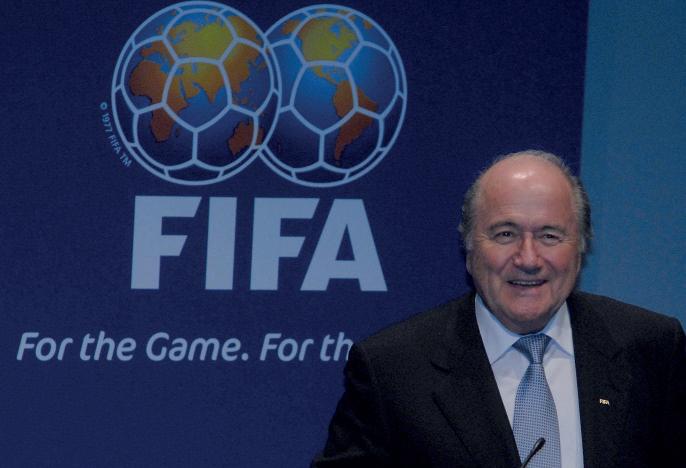
The heavy favourites for the 2018 World Cup were England. A bid led by footballing-royalty, David Beckham, and actual royalty, Prince William. England could boast about their high-level infrastructure and stadiums although what they failed to acquaint for was £5 million in bribes to FIFA executives for them to vote for Russia. Not only did Russia not have the best infrastructure in place to hold a World Cup, they were a country under fire for doping within sport, their human rights issues as well as
their conflict with Ukraine.
The bigger shock of the night was still to come however, USA were clear frontrunners to host the 2022 World Cup. The other contenders were Australia, Japan and South Korea with Qatar seemingly the weakest bid of all with them having no stadiums or infrastructure in place to host a World Cup as well as their summer temperatures being too high.
Qatar, though, went further in bribes than anyone had seen before. Payments were made to
government would go on to buy Paris Saint-Germain as well as buy the rights to French football.
There were audible gasps as Qatar was announced as the hosts of the 2022 World Cup. Even FIFA executives knew this time it had gone too far, and the allegations of corruption were rife. This led to the FBI eventually starting an investigation into FIFA that resulted in 12 FIFA officials pleading guilty for accepting bribes.
So that leads us to now, as we watch the highly controversial Qatar
FIFA executives but also Qatari TV station, Al Jazeera, made a new $400 million deal with FIFA with an extra $100 million if the Qatar bid won.
Arguably the biggest moment came when French president Sarkozy hosted the Emir (Head of state) of Qatar and UEFA president Platini. Around the time of this meeting, Platini changed his vote to support Qatar’s bid, and the Qatar
take place?
Simply put, countries know from all this history that it has never failed to work. Sport is too emotionally attached to people for them not to watch. People enjoy and have too much attachment to World Cups, especially with them being so sparse, for them to boycott one.


Lewis Hamilton, the 7th time World Champion, has had his most trying season to date. From start to finish, it seemed like he could not get to grips with a mediocre car for Mercedes standards.
It was the first time in his 16-seasonlong career that he had failed to win a race or obtain a pole position in a season. Additionally, it was only the third time a teammate had beaten him in the championship standings.
Although Hamilton cannot be to blame for his frustrating season as the car Mercedes had produced from race one has been a let-down.
Mercedes only managed one win this season, with George Russell in Brazil at the penultimate race. Compare that to their rivals Red
Bull who won 17 out of the 22 races.
At the beginning of the season, Hamilton offered to be the guinea pig at Mercedes and try different upgrades and settings to help fix the car’s issues. Unfortunately, this decision heavily impacted his results at the early stages of the season and contributed to him trailing George Russell by 35 points at the end of the season.
Due to the budget cap restrictions imposed this season, Mercedes have limited funds to resolve their car’s issues. However, due to them finishing behind Ferrari and Red Bull in the Constructors Championship, they will be granted longer wind tunnel time than their rivals. This could prove valuable in the development of their car and be the advantage they need to fight back next season.
Everyone at Mercedes appears confident they will be able to right their wrongs from this year. Team principal Toto Wolf stated that he would be placing the car in
Although the final race in Abu Dhabi was not as thrilling and contentious as it was a year earlier, that does not mean the season went by without any controversies. Max Verstappen’s victory this season
Leclerc for second place in the driver’s championship. Max was adamant that the issue had been resolved when asked about the incident but refused to explain his reasons for not helping Perez.
Hamilton would have been glad the season had the earliest end since 2010. This gives him and his team a long winter to recover and improve in preparation for the longest F1 season on record. 24 races are scheduled in the F1 calendar. However, China is expected to pull out due to their ongoing issues with Covid.
the reception of their factory as a reminder of how bad the season was. George Russell claimed that everyone back at the factory is “pushing as hard as they can” to have a stronger car next year.
may have been very convincing, but it was not without altercation.
For example, in Brazil, he disobeyed team orders, refusing to let teammate Sergio Perez through, preventing Perez from challenging
Lewis Hamilton maintains that his love for the sport remains the same as it ever was. All eyes will be on him and Mercedes next season as we all ask ourselves if this is the end of an era or if he will bounce back?
“The first time in his 16 season-long career that he had failed to win a race or obtain a pole position.”
“At the beginning of the season, Hamiliton offered to be the guinea pig at Mercedes”
S corers: Tom Amess 6, Michael Thompson 5, Nick Gadd 3, Rob Hoyte 2, James Cliffe 1, Chris Page 1
Following UEA Men’s Hockey 1s big victory, we reached out to them for a match report for the game:
With our BUCS season starting strong alongside our
Saturday league season, our BUCS team has so far been undefeated. After beating Oxford Brookes 15-0, Aston University travelled to us to face us in the second round of the cup. After some big fixtures and strong training sessions we were more than prepared to face them.
Starting with a full press we made them have to pushback and put them right under pressure from the start, and it worked. A fast start saw us go a goal up only 2
minutes into the game. The crowd began to pick up numbers and more goals soon followed. We opted to play a strong step through press to make them struggle to get the ball out from the back, this paid off as our Centre Back, Ben Pearson, found an opening to the top D in which James Cliffe deflected it first time into the roof of their net. Goals kept pouring in for us as we kept applying the pressure. Half time came 11-0 up.
Our coach, Dave Gilbert, pushed us to get more by playing our high standard of hockey and not dropping to theirs, remaining disciplined, demanding perfection from each other.
The 12th and 13th goal arrived within minutes of each other, and we remained disciplined till the end which saw us take a score of 18-0. Onto the quarter finals now of the cup, facing Loughborough University in what will be a fiercely
competitive game.
The Men’s Club is made up of 4 teams with a wide range of abilities from our top performance squad competing in BUCS and Division 1 North on a Saturday, all the way down to social squads and mixed teams. The men’s club is open and inclusive, hosting a wide range of charitable and social events that I would encourage anyone to come and j oin!
A couple of weeks ago UEA Kayak joined UEA Boat Club for their annual 24-hour row in support of Movember. We reached out to them to hear how the event went.
UEA Kayak said, “We wanted to support Movember as it is something we previously haven’t done before, and rowing (UEA Boat Club) kindly let us join in on their annual 24-hour row. Movember is a great cause as mental health is
something that will affect us all at various points in our lives and we all need a good support network, men especially often don’t feel comfortable talking to people about their feelings and as such raising money for movember to support men’s mental health is a great cause.”
“We split the 24 hours into hour long slots to kayak and members could claim as many spots as they wanted to attempt, luckily we had two amazing kayakers who did long hard shifts in the night (up to three and a
half hours) which meant we could always keep paddling non-stop for the whole 24 hours. That was definitely the hardest part of the challenge. Having the kayak/ row in the hive presented a great opportunity for people to meet the club and for all our members to come and support throughout the day, especially towards the end as those who had done multiple hours needed the support most throughout the last push.”
“The last hour in particular was a great bonding moment as we had 3 people take part
in short stints so everyone could have a try before one last half an hour push from a member. This was a lovely last half an hour as a large portion of both the rowing and kayaking clubs were there with music playing and everyone singing dancing and cheering each other on.”
“Between the two clubs we have raised nearly £800 so far”
Although November is now over, you can still donate anytime of the year to Movember in support of their great cause.

 Drew Murphy & UEA Netball Senior Sports Writer
Drew Murphy & UEA Netball Senior Sports Writer
Ellie Godsave Captain of the Netball 1st team, told us how the game went:
After a few weeks of having away games, it was an unreal feeling to be back on our home turf for the next round of the conference cup against Oxford 3s. This game was a huge deal for the squad, as winning secured us a place in the quarter-finals!
After a really positive and high-energy Monday evening training session, we, as a squad, felt really prepared for this game. We ensured we were in control of our controllables and well-rested and ready for this game!
We took to the courts on
Wednesday afternoon and maintained a really high intensity throughout the warmup; the girls really focused on ensuring they were court ready by listening to our coach and taking direction from me as captain. The girls are always willing to hear and act upon feedback and respect what they are directed to do; this makes being captain of this team such an easy and enjoyable role!
Support from our home balcony was fantastic. It kept the girls’ energy high throughout the whole duration of the game and encouraged them to showcase the skill and talent we have in this super squad. As a squad made up of a majority of freshers, it has been so amazing to watch how we have bonded and grown as a team. With
some girls in their third year of playing for the 1s, the cohesiveness of this team already makes it so exciting for what is to come for the rest of the season.
We secured an amazing 6131 win, and we are through to the quarter-finals of the conference cup! I want to thank our coaching team: Sophie Thomas and Molly Johnston, for constantly helping us build and improve as a team. The girls in this squad deserve massive recognition for the huge shift they put in for the entirety of the match, whether that was playing or providing support from the side-lines. Being part of UEA Netball Club has been one of the best parts of my university experience; getting involved in university sports and
societies provides many opportunities to meet new people, try new things and become part of a family!